








EDITOR Fran Ostendorf
DESIGN & LAYOUT Alex Foster
ADVERTISING DEPARTMENT
Peter Zeldin | 401-421-4111, ext. 160 pzeldin@jewishallianceri.org
CONTRIBUTORS Bob Abelman, Ruth Marris Macaulay, Sarah Greenleaf, Robert Isenberg, Emma Newbery
COLUMNISTS Michael Fink, George M. Goodwin, Patricia Raskin, Rabbi James Rosenberg, Daniel Stieglitz
VOLUME XXXII, ISSUE II
JEWISH RHODE ISLAND (ISSN number 1539-2104, USPS #465-710) is published monthly except twice in May, August and September.
PERIODICALS POSTAGE PAID at Providence, R.I
POSTMASTER Send address changes to: Jewish Rhode Island, 401 Elmgrove Ave., Providence, RI 02906.
PUBLISHER
The Jewish Alliance of Greater Rhode Island, President/CEO Adam Greenman, Chair Harris Chorney, 401 Elmgrove Ave., Providence, RI 02906. 401-421-4111; Fax 401-331-7961
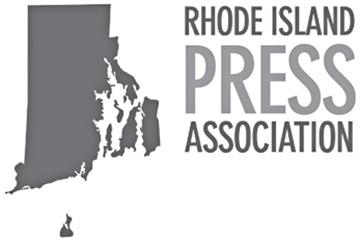
MEMBER of the Rhode Island Press Association.
COPY DEADLINES: All news releases, photographs, etc., must be received on the Wednesday 10 days prior to publication. Submissions may be sent to: editor@jewishallianceri.org.
ADVERTISING: We do not accept advertisements for pork or shellfish. We do not attest to the kashrut of any product or the legitimacy of advertisers’ claims.
ON THE COVER : CAMP JORI 2024. PHOTO | GLENN OSMUNDSON


SOME MONTHS, writing this column comes easily. Other times, it doesn’t. As I sat down to write this column, I felt very stuck. I make it a habit not to comment on the politics of the day. That was all I could think about. But with the news here and in the Middle East moving with lightning speed, something I write today could have you scratching your head by the time the paper reaches your mailbox. It all seemed unsettling. I hope things calm down and we get a clearer picture of what is ahead. As I tried to refocus, it was snowing outside. It’s February, so snow is a good thing, right? More snow is predicted for later this week, and I heard a forecaster say that February may not be terribly cold, but it could be very snowy. Ugh. I prefer my snow in small, short -lasting doses. I don’t really enjoy driving in the snow. I didn’t grow up in a snowy climate. But I do enjoy looking out my window at the snow-covered backyard and watching the birds flying back and forth to our birdfeeders. Our cat, Charlotte, enjoys those birds, too. She is a strictly indoor cat. My husband has tried taking her out on a leash with little success. Still she thinks she would enjoy the snow and howls to get out. We have experimented with this on our deck, but it never ends well. She manages to find spots under a table or chair that have no snow and then gets stuck there. She definitely hates having snow on her paws. Often she has to be rescued to get back in the house.
Ironically, February features our camp issue. Producing it always puts me in a positive mood even when I have to drive in the snow and almost no matter what the rest of the articles are about or what is happening in the world. Camp means summer and fun and happy children’s noises, especially by our offices, located near the J-Camp rooms at the Dwares Jewish Community Center. I get to look through Glenn Osmundson’s excellent photos of our Jewish summer camps and choose a warm weather image for the cover. And I am reminded of warm thoughts of my trip to Camp JORI last summer.
And the camps that advertise in this issue bring added anticipation for summer to our pages.
Did you know the average temperature in the month of February is just 21 degrees? The chance of rain or snow on any given day is 33%. According to the National Weather Service, we only average 2.01 inches of snow in February, which seems off. We’ve already had that much in the first week! Sigh.
The month does feature 173 hours of daylight –more than November, December or January – but it has the least sunshine of any month (58% of
those 173 hours). At least it is sunny more than half the time. So that’s good.
Of course, that compares to 260 hours of daylight in August even though it is sunny only a bit more (61% of the time) according to weatherandclimate.com. But it never snows in August.
Just 41 days till spring; 133 days till summer. We can do this.
March, by the way, is our home and garden issue. See what we’re trying to do here? More warm thoughts and visions to come. Advertisers, time to step up and get us ready for planting and flowers and veggies!
Fran Ostendorf Editor
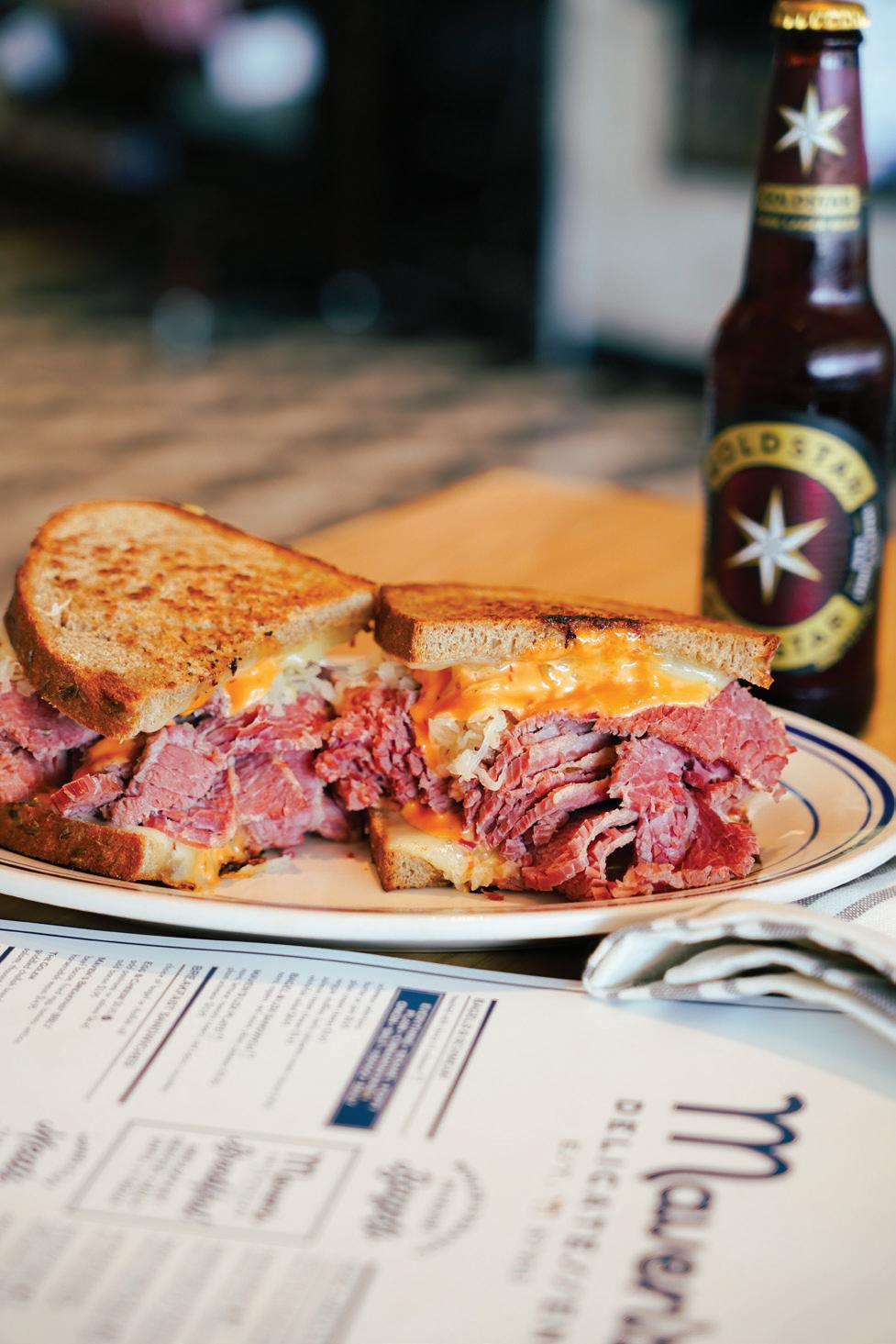


BY STEPHEN SILVER JTA
In “Midas Man,” the new film out this month in the United States about the late Beatles manager Brian Epstein, an early, pivotal scene is set in a synagogue.
IN IT, Brian (Jacob Fortune-Lloyd) is with his parents, Harry and Malka (Eddie Marsan and Emily Watson), as they sit in the pews together as the only people in a Liverpool synagogue after services are over, each man wearing a kippah and tallit. Malka, who was called Queenie, says to her son, “It seems like only yesterday you and your brother were up there.”
They discuss Brian’s future and his desire to be in the music business, leading an initially skeptical Harry to allow Brian to sell rock and pop records as an annex to the family’s furniture and retail business. The success of this side venture ultimately propels him to become the manager of an exciting new band – The Beatles – and the Jew most associated with Beatlemania.
Over the years, Epstein –sometimes considered the “Fifth Beatle” – has been the subject of multiple books and, more recently, a statue in Liverpool. “Midas Man,” now streaming on the platform Olyn, represents the first film that makes him the center of attention.
While the movie spent the last several months on the Jewish film festival circuit, including a spot at the New York Jewish Film Festival earlier this month, Epstein’s Jewishness is not its focus. It deals more with Epstein being a closeted gay man, his music career and his relationships with the Beatles and his family.
But there are snippets of Epstein’s Jewish story in addition to the synagogue
scene. In another scene, a heart-toheart during the wedding of Epstein’s brother, singer Cilla Black (Darci Shaw) praises the “food and dancing” at the event and suggests that for that reason, she’d like to have a Jewish wedding herself.

Later, we see Harry’s funeral, where the cantor sings the prayers and they do the traditional rending of garments, and at another point in the film, Epstein meets future business partner Nat Weiss (played by James Corrigan), they say “L’chaim” as they toast, and Weiss addresses him as “boychick.”
The notes are the only ones the film hits about Epstein’s Jewish upbringing and identity, which were so prominent that Beatles frontman John Lennon routinely invoked them while poking fun at his friend. (Lennon quipped that Epstein’s biography ought to be called “Queer Jew,” according to a biographer who traveled with the band.)
Brigit Grant, the film’s co-screenwriter, wrote for the British publication The Jewish News last fall about how Epstein was born on Yom Kippur, how Epstein’s grandfather was a Yiddish-speaking refugee from Lithuania, and how she
learned from an uncle that when Epstein studied for his bar mitzvah he initially learned the wrong Torah portion but learned quickly enough to give a “very competent” reading of the correct one. Epstein also sought out Yom Kippur services while on the road with the band and resisted entreaties to change his surname, she wrote.
The synagogue scenes, Grant wrote, were shot at Liverpool’s Princes Road Synagogue, as the actual Greenbank synagogue that hosted both Epstein’s bar mitzvah and funeral no longer exists, and Marsan wore Grant’s late father’s tallit in the film.
Fortune-Lloyd, who plays Epstein, is Jewish. Watson is not and neither is Marsan, although he’s played several Jewish characters in his career, including the father of Amy Winehouse in last year’s biopic “Back to Black.” In 2021, Marsan played an anti-fascist Jewish character in a BBC series called “Ridley Road”
and faced what he called “relentless” abuse as a result.
“All I did was play a Jew, I dread to think what would’ve happened if I was actually Jewish,” he tweeted at the time, according to contemporaneous reports. (He has since deleted his account on the social network X.)
Despite the omissions, the Jewish elements of Epstein’s biography are more present in “Midas Man” than music composed by the band Epstein managed. Variety recently covered what it called the “nightmare production” of the film, which dragged on for years, had three different directors at different times, and was plagued by long-term uncertainty over whether the film would be allowed to use the Beatles’ music.
It ended up being able to use covers the band performed, like “Money (That’s What I Want),” “Please, Mr. Postman,” and “Besame Mucho.” There are no original Lennon-McCartney com-
positions, although there are a couple of scenes where a character mentions that a certain song just hit #1.
The movie depicts the scenes before and after the Beatles’ famous 1964 debut on “The Ed Sullivan Show,” with Jay Leno playing Sullivan, but not the performance.
Epstein died not long after his father of an accidental overdose at age 32 in 1967. He had both a funeral in Liverpool – famously officiated by a rabbi who didn’t know him – and a London memorial service attended by the Beatles and officiated by a different rabbi, but the film shows neither. The last we see of Epstein is him walking symbolically across Abbey Road before a title informs viewers of his death.
“Midas Man” is now streaming on Netflix, Disney Plus, Amazon Prime Video and Amazon Video.
BY MARY OLIVER
Red bird came all winter
Firing up the landscape
As nothing else could.
Of course I love the sparrows,
Those dun-colored darlings, So hungry and so many.
I am a God-fearing feeder of birds,
I know he has many children,
Not all of them bold in spirit.
Still, for whatever reason-
Perhaps because the winter is so long
And the sky so black-blue, Or perhaps because the heart narrows
As often as it opensI am grateful
That red bird comes all winter
Firing up the landscape
As nothing else can do
The Shabbat where Parashat Beshallach is read is commonly referred to by a special name, Shabbat Shira (the Sabbath of Song). On this Shabbat, the reading contains the song the Israelites sang when crossing the Sea of Reeds. While there are a variety of observances and customs across communities, one of the most enigmatic is an old Ashkenazic custom to feed the birds during this Shabbat.
NOT WITHOUT controversy, many rabbinic legal authorities objected to the practice. After all, the blackletter halacha (Jewish law) plainly allows for feeding animals that are a person’s responsibility but not for feeding animals which can obtain their own food (see Shulchan Aruch Orach Hayim 324:11). Openly feeding whatever birds might come plainly violates the rule. And yet, this custom, whose origin is shrouded in mystery, persisted. What’s it all about? According to some explanations, birds joined the Israelite chorus while singing the song at the sea, perhaps even eating fruit from miracle trees which grew between the walls of water. Others suggest a generic thematic relationship between birds and song; birds chirping is nature’s symphony. Still others claim an origin based on a supposed midrashic account, which seems to be Hasidic and not Midrashic in origin, based on an episode at the end of Parashat Beshallach. It is quoted variously in the name of Simcha Bunim of Peshische or the Chozeh (Seer) of Lublin and goes like this. Moshe told the Israelites not to go
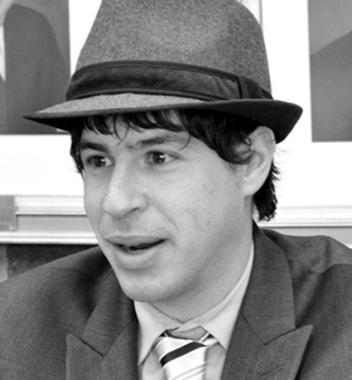
out to collect manna on the Shabbat as none would fall. Instead, they were to collect a double portion, the source of our two challot, on the Friday before. Datan and Aviram, however, supporters of Korach, sought to render Moshe a liar in the eyes of the people and surreptitiously placed manna on the ground during the night. Coming to Moshe’s defense, the birds ate the manna and the people who unlawfully went out to collect manna found none.
Whatever the origin, the lessons are timely and important. Religious song and redemptive freedom require a symbiotic musical partnership between people and birds. In other words, shira, a mode of religious soul-singing, cannot co-exist with an attitude of dominance and oppression toward the natural world. Rather, we should look to activate the innocent, delightful bird songs. It’s not just about birds. Making music is about a spirit of collaborative partnership, creativity, and cohesion.
We are currently amid the sixth great extinction, an unprecedented,
dramatic loss of life and biodiversity. Religious and spiritual expression have been dramatically and artificially excised from the land, the Earth and God’s creation. As Mary Oliver notes, “because the heart narrows as often as it opens,” the red bird fires the dull-gray landscape. May our spiritual songs and God-fearing bird feeding in turn fire songs of praise and harmony to the Blessed Creator.
BARRY DOLINGER is the rabbi at Congregation Beth Sholom, in Providence, and president of the Board of Rabbis of Greater Rhode Island.

BY BILL MILES
On Feb. 3, 2024 –the first Shabbat Yitro following the Oct. 7 attack by Hamas – Bill Miles offered on the bima of Temple Emanu-El in Providence these words prefacing the prayer for Israel.
Thanks to fellow Emanu-El-ite Benny Mer – himself originally from Israel – I had the privilege to live for seven months in a small village in the Upper Galilee, within eyesight of Lebanon. Until my wife Loiza joined me, I was the only Jew living there – in a Druze village called Horfesh.
IN PART I was there to improve my Hebrew. One of the first new words I learned was neder – a vow, a pledge. With you, I am now honoring my neder.
Although the Druze religion is said to be secret, it is no secret that, of the seven prophets the Druze revere (including Avraham and Moshe), it is Yitro (Jethro) whom they revere the most. And since Yitro gave his daughter Zipporah to marry Moshe, ALL descendants of
Moses (and I assume that includes some of us here this morning) are, in some sense, part Druze.
It is also no secret that, in Israel, Druze men serve in the IDF in higher proportions than do Jewish Israelis, especially in combat battalions. And, as a result, Druze suffer proportionately more casualties.
Before Oct. 7, there were already dozens of young Israeli Druze buried in the military cemetery of my small village, Horfesh.
Since Oct. 7, two more – Jawad Amar and Anwar Sarhan – have also fallen, in IDF uniform, in the struggle against Hamas.
Beyond Jawad and Anwar, from neighboring Druze villages there are six other of these followers of Moses – and especially of his fatherin-law Yitro –who have also been killed in defense of Israel: Jamal Abbas, Sofian Dagash, Salman Habaka, Adi Harb, Daniyel Rashid and Alim Sa’ad.
When my friend, the Druze principal-turned-superintendent Emad Fared, finished pronouncing these names in a WhatsApp recording, he added, in Hebrew, Yihyi Zichran Baruch: “May Their Memories Be For a Blessing.”
In a few moments, as part of the prayer for Israel, we will ask that God bless Medinat Yisrael – the State of Israel – and Migeenai Eretz –the Defenders of the Land of Israel.
So that, in the end, there will be shalom and simchat olam yoshveha –lasting joy to her inhabitants.
Since living in the Upper Galilee, I have yearned that this prayer includes the Druze inhabitants who defend Israel, as well as their loved ones who survive the fallen ones.
And so my neder, my vow, asking that even here, in Providence, we make space in our hearts for all ISRAELIS, Jewish and not, making daily sacrifices – including the supreme sacrifice – for Medinat Yisrael
Shabbat Shalom
Note: Since Shabbat Yitro 2024, at least four other Druze IDF soldiers have been killed in combat in Gaza and in Lebanon: Alim Abdallah, Nael Fwarsy, Jala Ibrahim and Wassem Mahmoud.
BILL MILES , a professor of political science at Northeastern University in Boston, has been a member of Temple Emanu-El with his wife Loïza since 1989. His initial four months in the Druze village of Horfesh were sponsored by a grant from the Israel Institute.
FOR COMPLETE MONTHLY LISTINGS, VISIT JEWISHRHODY.ORG
Ongoing
Kosher Senior Café and Programming. 11 a.m.-1 p.m. Monday – Thursday at the Dwares JCC, 401 Elmgrove Ave., Providence; Fridays at Temple Sinai, 30 Hagen Ave., Cranston. In-person (and on Zoom Tuesdays, Wednesdays and Thursdays) programming from 11 a.m.-noon followed by lunch and discussion noon-1 p.m. On Wednesdays, programming is chair yoga with Neal. For seniors aged 60 and older as well as younger adults with a disability; all faiths and backgrounds are welcome. 2/17: café closed. Suggested donation: $3 per lunch. The Kosher Senior Café is a program of Jewish Collaborative Services and is supported by the Jewish Alliance of Greater RI and Blackstone Health. Information and RSVP, Neal at neal@jfsri.org or 401-421-4111, ext. 107.
RI Torah Network presents “The Story Behind the Story.” Mondays 8-8:45 p.m. thru 3/3. Private home in Pawtucket. A behind the scenes look at the Purim story presented by Rabbi Yehoshua Singer. A pre-Purim series for women based on the Vilna Gaon’s commentary on Megillas Esther. Information, Info@ RITorahNetwork.org.
Hebrew Classes Winter Session at Temple Emanu-El. Tuesdays 5-5:45 p.m. beginner 1 class. All other levels 6-7 p.m. thru 3/11. 99 Taft Ave., Providence. Five levels of in-person Hebrew conversation classes: beginner 1, beginner 2 (not open to new students), intermediate 1 and 2, advanced and Hebrew games. Cost: $100 per person (scholarships available). Information (including which level is right for you), Toby Liebowitz at tobyaane@gmail.com.
Delve Deeper: “Messianic Hope and Longing in Jewish Thought.” Wednesdays 7-9 p.m. thru 4/9. Focusing on the divergence with Christianity, the disappointed expectation of Sabbatai Zvi, the rise of Hasidism, interpretations of Jewish Statehood as supernal redemption and the influence of Chabad philosophy on contemporary American Jewry, explore with Paul E. Nahme how Jews have made sense of exile and suffering, hope and longing. Cost: $250. Information, Morty Miller at mortymiller1945@gmail.com.
Teen Nights at Temple Beth-El. Thursdays 6 p.m. 70 Orchard Ave., Providence. All teens welcome for dinner and discussion. No Teen Night on 2/20. Information, Jillian Brosofsky at jbrosofsky@temple-beth-el.org or 401-331-6070, ext. 100.
Mussar Practice at Temple Habonim. Thursdays 7-8:30 p.m. thru 2/20. 165 New Meadow Road, Barrington. Mussar offers insight on how to be mindful of our thoughts, words and actions. Delving into a wide range of Jewish texts, uncover wisdom on how to interact with integrity and respect. Led by congregants Michael and Deb Rosenblum. No class 2/13. Cost: Temple Habonim members free | non-members $36. Information, Adina Davies at office@templehabonim.org or 401-245-6536.
Cape Cod Synagogue Family Shabbat Services and Dinner. Second Friday of the month 5:30 p.m. 145 Winter St., Hyannis, Mass. In-person and livestreamed services on website, Facebook, Cape Media, YouTube and Community Television Comcast channel 99. Followed by Community Shabbat Dinner. Information, 508-775-2988 or capecodsynagogue.org.
Temple Torat Yisrael Virtual Kabbalat Shabbat and Torah Services. Fridays 5:45-6:15 p.m. By Zoom only. Information, temple@ toratyisrael.org.
Cape Cod Synagogue Shabbat Services. Fridays 7 p.m. 145 Winter St., Hyannis, Mass. With Rabbi David Freelund. In-person and livestreamed on website, Facebook, Cape Media, YouTube and Community Television Comcast channel 99. Information, 508-7752988 or capecodsynagogue.org.
Temple Sinai Breakfast and Torah Study. 9:30-11 a.m. 30 Hagen Ave., Cranston. Come have a delicious breakfast with us followed by the weekly Torah study at 10 a.m. Information, Templesinairi.org, dottie@templesinairi.org or 401942-8350.
Temple Habonim Torah Study. Most Saturdays 10-11 a.m. Rabbi Howard Voss-Altman leads Torah study on current portion. Via Zoom. Information, Adina Davies at office@templehabonim.org or 401245-6536.
Cape Cod Synagogue Shabbat Services. Saturdays 10:30 a.m. 145 Winter St., Hyannis, Mass. With Rabbi David Freelund. In-person and livestreamed on website, Facebook and YouTube. Information, Cape Cod Synagogue at 508-7752988 or capecodsynagogue.org.
Temple Sinai Shabbat Morning Service. 11 a.m. 30 Hagen Ave., Cranston. Most Saturday mornings, services are held from 11 to noon in the Chapel. On mornings when celebrating a Bar or Bat Mitzvah, services also begin at 11 and are
held in the Sanctuary. Information, Templesinairi.org, dottie@templesinairi.org or 401-942-8350.
Friday | February 7
Temple Torat Yisrael Youth Shabbat Service and Potluck Dairy Dinner. 5:30-8 p.m. 1251 Middle Road, East Greenwich. Service led by Rabbi Saks. This program is innovative, creative and intended for families with children of Hebrew School age. Information, temple@ toratyisrael.org.
Temple Emanu-El Shabbat Chai – Service and Dinner. 6-8:30 p.m. 99 Taft Ave., Providence. Service followed by dinner. Information, Shosh Jacob at shosh@teprov.org or 401-331-1616.
Jewish Committee on Scouting Scout Shabbat. 7:30 p.m. Temple Sinai, 30 Hagen Ave., Cranston. Annual event to celebrate the founding of Scouting America in 1910. Oneg to follow service. Free. Sponsored by Jewish Committee on Scouting, Narragansett Council, Scouting America. Information, Peter Shore at peterdshore@gmail. com or 508-965-6776.
Saturday | February 8
Temple Beth-El Torah Study. 9 a.m. 70 Orchard Ave., Providence. In-person Torah study. Information, Jillian Brosofsky at jbrosofsky@ temple-beth-el.org or 401-3316070.
Temple Torat Yisrael Virtual and In-Person Saturday Morning Shabbat Services. 9:30 a.m.-noon. 1251 Middle Road, East Greenwich. In person with streaming. Information, temple@toratyisrael.org.
Sunday | February 9
The World Wide Wrap. 8:30-11 a.m. Temple Emanu-El, 99 Taft Ave., Providence. Get your tefillin adjusted and/or learn how to wrap tefillin. Followed by Shaharit Service focused on wearing tallit and tefillin and brunch featuring wraps. Sponsored by Temple Emanu-El Brotherhood along with Jewish Men’s Clubs nationwide. Tefillin sets provided, if needed. Information, Shosh Jacob at shosh@teprov.org or 401-331-1616.
Tuesday | February 11
Temple Sinai “Jewish Holidays Rediscovered” Part 2. 11 a.m.noon. 30 Hagen Ave., Cranston. Join Rabbi Goldwasser either in the chapel or on Zoom to finish discussing the remaining holidays for the year. Information, Templesinairi.
org, dottie@templesinairi.org or 401-942-8350.
Book Launch with Elissa Felder: “From One Life to the Next Life: The Sacred Passage After Death.” 6:30 p.m. Dwares JCC, 401 Elmgrove Ave., Providence. From paralyzing grief after the loss of her baby son to a life infused with purpose and passion, Elissa Felder’s memoir is filled with Jewish teachings about birth, death, the afterlife and more. Information and registration, Samantha Kaufman at skaufman@jewishallianceri.org or 401-421-4111, ext. 111.
Wednesday | February 12
Temple Sinai Tu B’Shevat Seder. 6-7:30 p.m. 30 Hagen Ave., Cranston. Enjoy fruit and nuts plus pizza in the social hall in celebration of trees. Cost: $5. Information, Templesinairi.org, dottie@templesinairi. org or 401-942-8350.
Israeli Culture Series “Revolutionizing Agriculture; Israel’s Journey of Innovation and Resilience.” 7 p.m. Dwares JCC, 401 Elmgrove Ave., Providence. Nevo Atia will discuss the pioneering journey of Israeli agriculture. Discover how Israel’s ingenuity continues to shape global food security and sustainability. Cost: $5. Proceeds will go to Kibbutz Manara in northern Israel, which was severely impacted during the war. Information and registration, Gaya at gdahan@jewishallianceri. org.
Thursday | February 13
“Looming in the Shadows of Lodz” Opening Reception. 4:30 p.m. Brown University’s Stephen Robert ‘62 Hall, 1st floor, 280 Brook St., Providence. Sponsored by Art at Watson, the show features Leslie Starobin’s photographs from present-day Poland paired with captions from family members who lived there and survived the Holocaust. Information, Pete Bilderback at willis_bilderback@brown.edu or Leslie Starobin at lastarobin@ verizon.net.
Friday | February 14
Temple Sinai Shabbat Service. 6-7 p.m. 30 Hagen Ave., Cranston. Service will be held in the Chapel. Information, Templesinairi.org, dottie@templesinairi.org or 401942-8350.
Saturday | February 15
Temple Beth-El Torah Study. 9 a.m. 70 Orchard Ave., Providence. In-person Torah study. Information,
Jillian Brosofsky at jbrosofsky@ temple-beth-el.org or 401-3316070.
Temple Torat Yisrael Virtual and In-Person Saturday Morning Shabbat Services. 9:30-10:30 a.m. 1251 Middle Road, East Greenwich. In person with Zoom available. Information, temple@toratyisrael. org.
Sunday | February 16
Touro Synagogue Winter Festival Open House. 10 a.m.-2 p.m. Loeb Visitors Center at Touro Synagogue, 52 Spring St., Newport. Explore exhibits about Newport’s colonial Jewish community and the origins of religious freedom in the United States at the Center. Then step inside America’s oldest synagogue, where guides will answer questions and provide historic details. Cookies and cider served on the patio. Cost: $5/free with Winter Festival Bracelet. Information, tours@tourosynaogogue.org.
Wednesday | February 19
Young Professionals Happy Hour. 6-8 p.m. The Guild Brewing Company, 461 Main St., Pawtucket. This will be a fun, laid back happy hour with new friends and pizza. Cost: $10 (includes 1 drink). Information, Samantha Kaufman at skaufman@ jewishallianceri.org or 401-4214111, ext. 111.
Thursday | February 20
“Understanding the Pandemic of Modern Antisemitism: From Riyadh to Rhode Island.” 6-7:30 p.m. Maury Loontjens Memorial Library, 25 Pier Market Pl., Narragansett. Explore with Dr. Andrew Bostom the rise of antisemitism locally, nationally and globally, including an analysis of two decades of Anti-Defamation League survey data documenting the worldwide prevalence of extreme antisemitism. Hosted by the Narragansett Republican Town Committee.
Friday | February 21
Temple Sinai Shabbat Service. 6-7:45 p.m. 30 Hagen Ave., Cranston. Join us in the sanctuary for our Shabbat service, which will be followed by an Oneg in the social hall. Information, Templesinairi.org, dottie@templesinairi.org or 401942-8350.
Saturday | February 22
Temple Torat Yisrael Virtual and In-Person Saturday Morning Shabbat Services. 9:30-10:30 a.m.
1251 Middle Road, East Greenwich. In person with Zoom available. Information, temple@toratyisrael. org.
Sunday | February 23
Day at the J. 7 a.m.-2 p.m. Dwares JCC, 401 Elmgrove Ave., Providence. Join us for a day filled with activities for the whole family. In addition to regularly scheduled morning group exercise classes (Spin, Zumba and Restorative Yoga), lap and family swim, jumpy house and open play, and open gym, this day will feature special activities.
Bagels with Bubbies and Zaydes. 9:30-10:30am. Dwares JCC, 401 Elmgrove Ave., Providence. Enjoy a special grandparent/grandfriend/ grandkids program with your PJ Library friends. Enjoy breakfast treats and stories featuring grandparents; make a keepsake craft to celebrate our time together. Registration requested. Information, Lyndsey Ursillo at lursillo@ jewishallianceri.org.
Scholastic Book Fair. 10 a.m.12:30 p.m. Dwares JCC, 401 Elmgrove Ave., Providence. Check out the newest and most loved titles including options for all members of your family. And your shopping will help benefit the David C. Isenberg Family Early Childhood Center as a portion of the proceeds will help buy needed supplies for the school. Information, Michelle Cicchitelli at mcicchitelli@jewishallianceri.org.
Krav Maga Seminar with EP Martial Arts. 11-11:30 a.m. Dwares JCC, 401 Elmgrove Ave., Providence. Learn about Krav Maga and personal safety fundamentals. A short demonstration will be followed by a breakdown and explanation of various defenses and escapes. Participate in a short training session to learn some basic techniques. Receive a gift certificate for two free weeks of training. Registration requested. Information, Samantha Kaufman at skaufman@ jewishallianceri.org.
Art Discussion with Toba Weintraub: Ben Shahn. 12-1 p.m. Dwares JCC, 401 Elmgrove Ave., Providence. Ben Shahn, a graphic designer, fine arts painter, muralist, writer and philosopher, has been described as a social realist and a narrative artist. Explore the ideas behind narrative painting, then create a hands-on project. Registration requested. Information, Samantha Kaufman at skaufman@ jewishallianceri.org.
Temple Sinai “People of the Book.” 2-3:30 p.m. 30 Hagen Ave., Cranston. As a woman, if you think
you had difficulty being hired in the 1960s or 1970s or even now, consider what it must have been like in the 1920s or 1930s. Join our discussion of “Sisters in Science” by Olivia Campbell. Information, Templesinairi.org, dottie@templesinairi.org or 401-942-8350.
Tuesday | February 25
Temple Sinai “Facing Poverty in Good Faith.” 7-8 p.m. 30 Hagen Ave., Cranston. Is poverty destined to be? Is it an individual problem or a problem for society as a whole? A variety of clergy will discuss the issue. In person and on Zoom. Information and registration, Templesinairi.org, dottie@templesinairi. org or 401-942-8350.
Saturday | March 1
Temple Torat Yisrael “Laugh the Night Away.” 7 p.m. 1251 Middle Road, East Greenwich. Fundraiser featuring comedians Linda Belt and Angel Rentas. Live and silent auction, raffles and lottery tree to benefit the temple. Doors open at 6:30 p.m. followed by dinner at 7 p.m. and show at 8 p.m. Tickets: $60 (includes light dinner and one drink). 18+ event. Information and RSVP, Temple Torat Yisrael at temple@toratyisrael.org or 401885-6600.
Saturday | March 2
RICI hosts “Israel’s Security Challenges.” 2-3 p.m. Elliott Abrams, Senior Fellow for Middle Eastern Studies at the Council on Foreign Relations in Washington, D.C, will discuss Israel’s present-day security challenges via Zoom. Moderated by Dr. Andrew Pessin. Co-sponsored by Mass. Antisemitism Synagogue Task Force, CAMERA, Brown Students for Israel, Brown Jewish Alumni and Friends, Mattathias Project and Christians and Jews United for Israel. Information, Maria Friedman at maria@ricoalitionforisrael.org.
Thursday | March 6
Author Event: “Kissing Girls on Shabbat.” 6:30-9 p.m. Dwares JCC, 401 Elmgrove Ave., Providence. Dr. Sara Glass’s memoir is an unflinching window into the world of ultra-conservative Orthodox Jewish communities and a celebration of learning to love yourself. Tormented by her attraction to women and trapped in an arranged marriage, she was unable to conform to her religious upbringing. Information and registration, Samantha Kaufman at skaufman@ jewishallianceri.org.
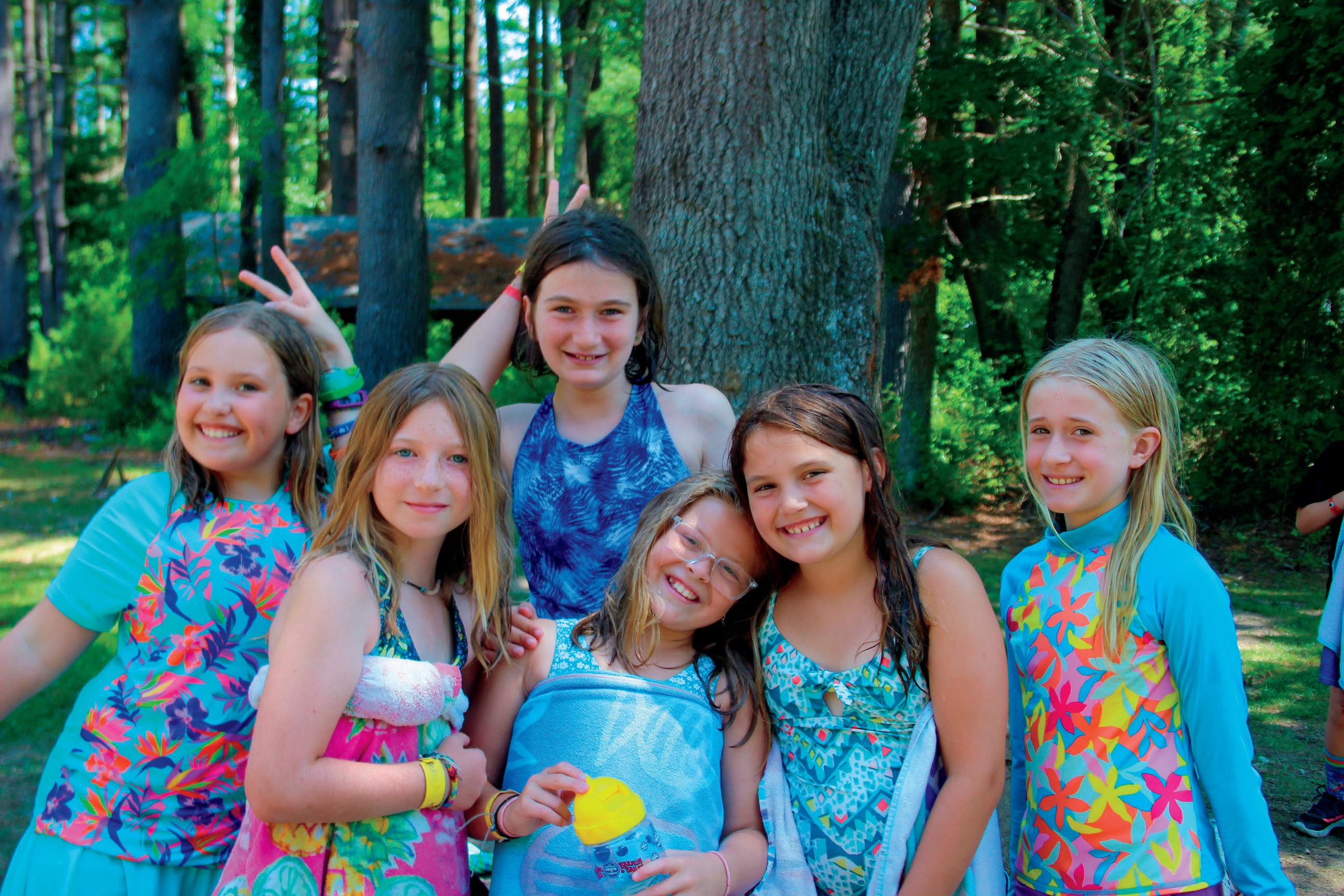


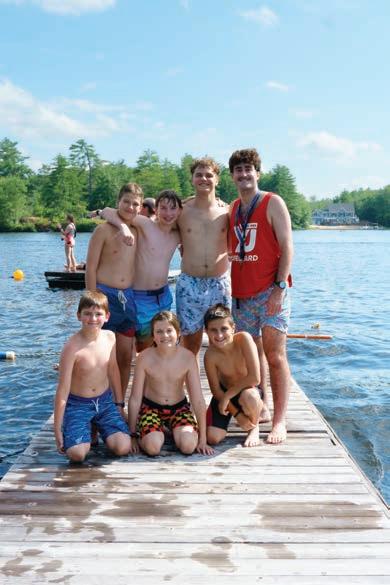
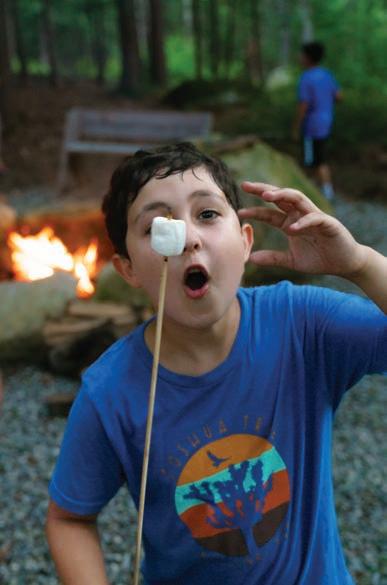
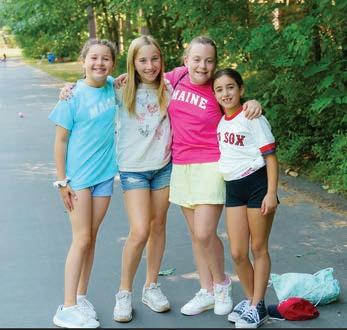



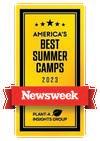



The tragic veteran of World War I, Joyce Kilmer, wrote the lyric and words in his ode to trees, with the phrase, "Only God can make a tree" – the perfect prayer for the holiday "Tu b'Shevat" – (however you choose to spell it).
THIS JEWISH arbor day gives me an occasion to share a memory: my very first summer sojourn in Israel. I was working on a kibbutz near the border with Lebanon. It bore the name "Sasa" and my daily job was to plant trees at sunrise. Volunteers visited from various points of departure: there were Swedish and Danish youths among the guests, seeking inspiration from the youthful new nation. I was one of 'em... before spending the rest of my sojourn teaching English in Tel Aviv. Putting down the roots of the arbor and then seeking respite at dawn breakfast, impressed me with the ideals of kibbutz society.
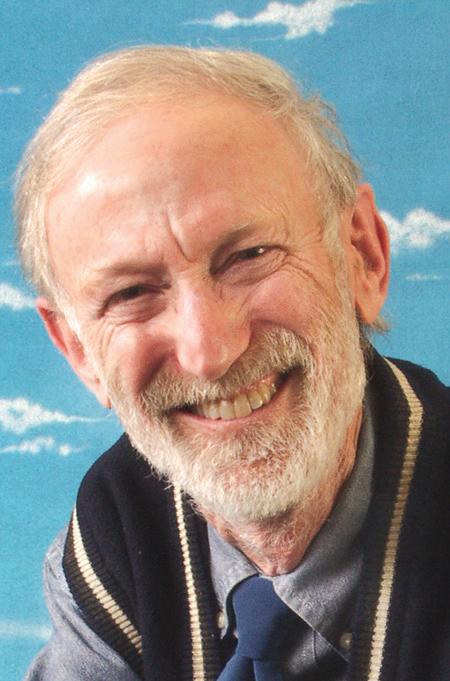
communism had directly molded these values. I wrote a travelogue and I was embarrassed to see it in print in the RISD alumni magazine, fearing I had violated some unwritten code about separating religion from art. But I was not punished for the work of my pen, and quite the reverse occurred. In that postwar decade of the early mid 20th century, Israel was a country put together with various survivors seeking fresh hopes...like planting trees, like launching a "Tu b'Shevat" for a fresh con cept, and it brought me luck and good fortune.
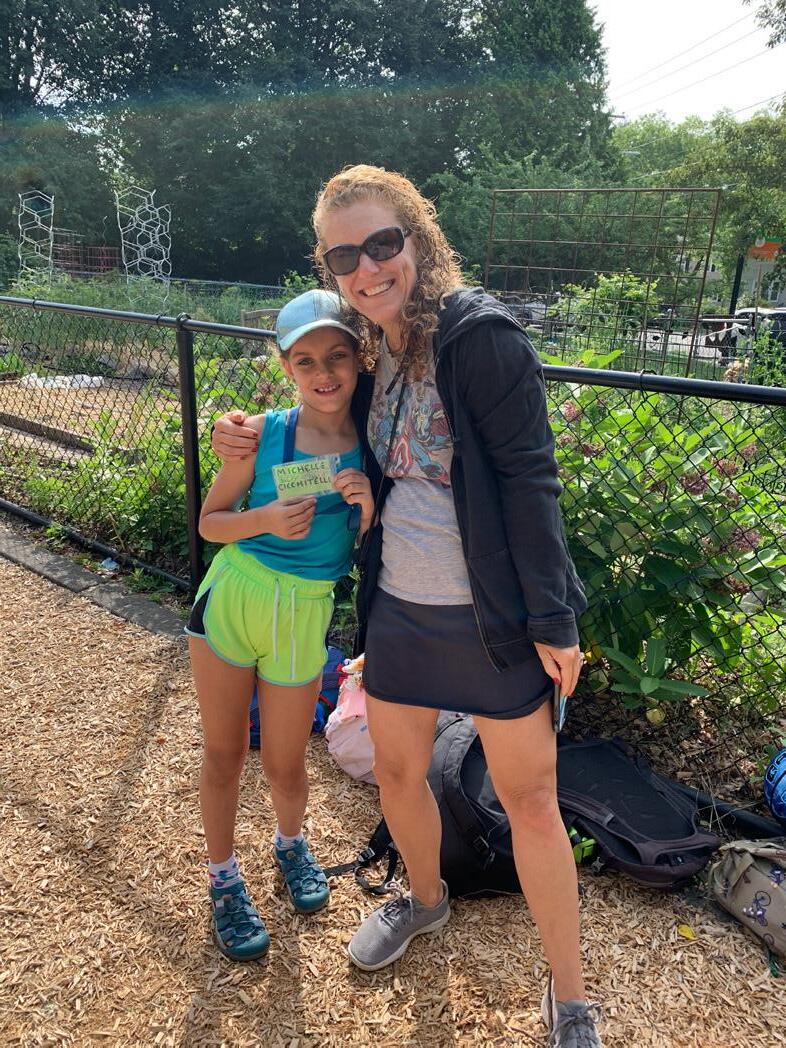
On the kibbutz nothing belonged to anyone, everything was shared. You didn't possess your own job, not even your own child! EVERTHING belonged to everyone, and I thought Russian
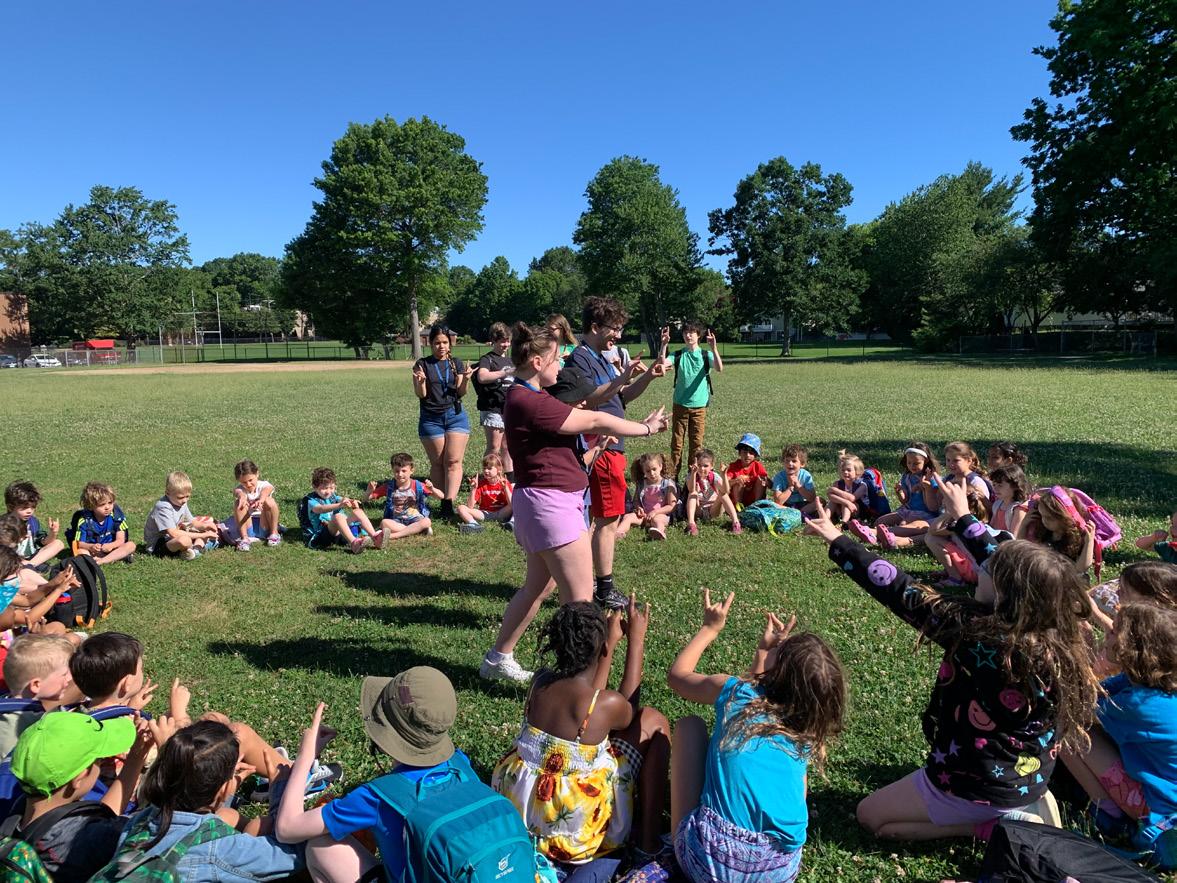
Unlike Joyce Kilmer who was killed in action aged 31 at the second Battle of the Marne in 1918, I survived another six decades. And through my RISD career, with my degrees in liberal arts, poetry and documentary filmmaking (rather than the drawing or print-mak
ing or industrial design usually associated with the school), his tree poem stayed with me, hand in hand with my kibbutz experience.
If you drive or stroll along Blackstone Boulevard these days, and don't get caught unhappily by the speed camera, you may catch a glimpse of a wounded tree. It forms a cave, and there is a kind of folk tale about a doomed princess who hides inside the hollow "cave" within the trunk, a poor girl who manages to make a fulfilled and adventurous life, from that tree! It seems to constitute some sort of sense that trees can save us all. And that is my toast to our holiday on the brink of springtime - in late winter here, and early spring in our spiritual Holy Land. That line from Joyce Kilmer's line in verse and music, assures us that the land itself is prayer incarnate, it can rescue us and bring us hope. It’s a reminder that we can turn to our cal-
BY JOYCE KILMER
I think that I shall never see/A poem lovely as a tree.
A tree whose hungry mouth is prest/Against the earth’s sweet flowing breast;
A tree that looks at God all day,/And lifts her leafy arms to pray;
A tree that may in Summer wear/A nest of robins in her hair;
Upon whose bosom snow has lain;/Who intimately lives with rain.
Poems are made by fools like me,/But only God can make a tree.
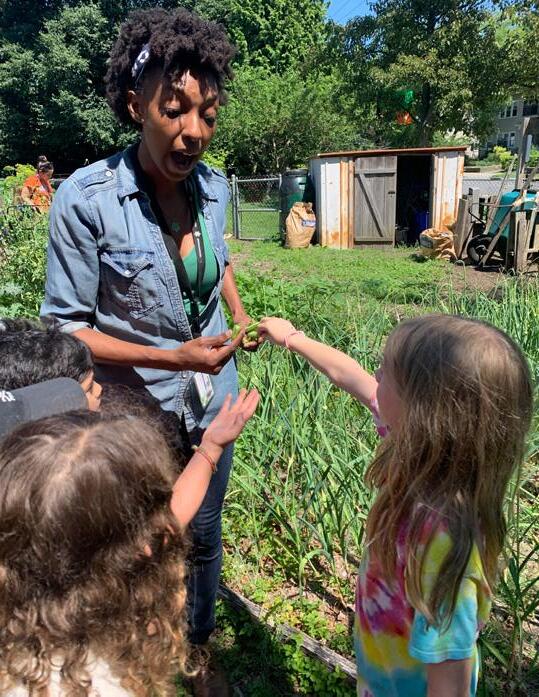
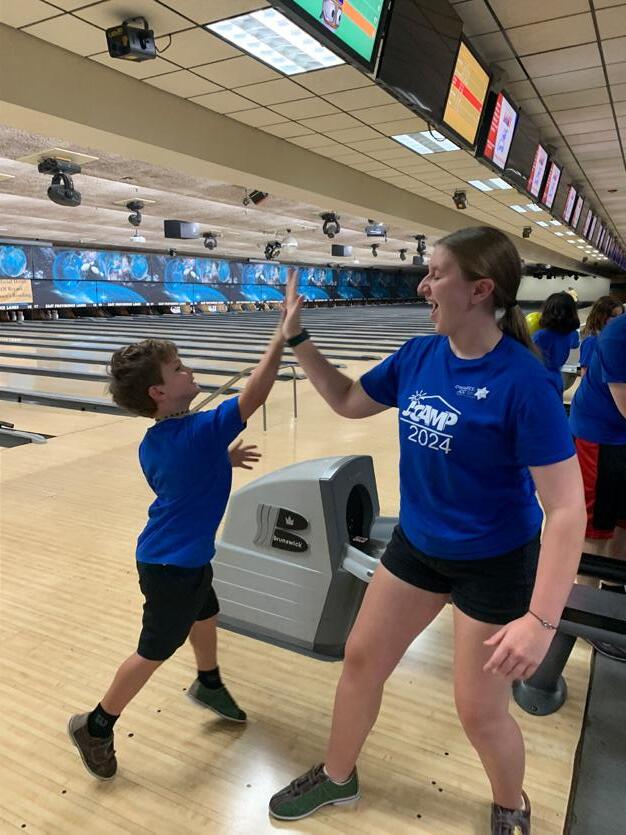
The Dwares JCC team has been working hard to create the best Summer J-Camp experience for your child!
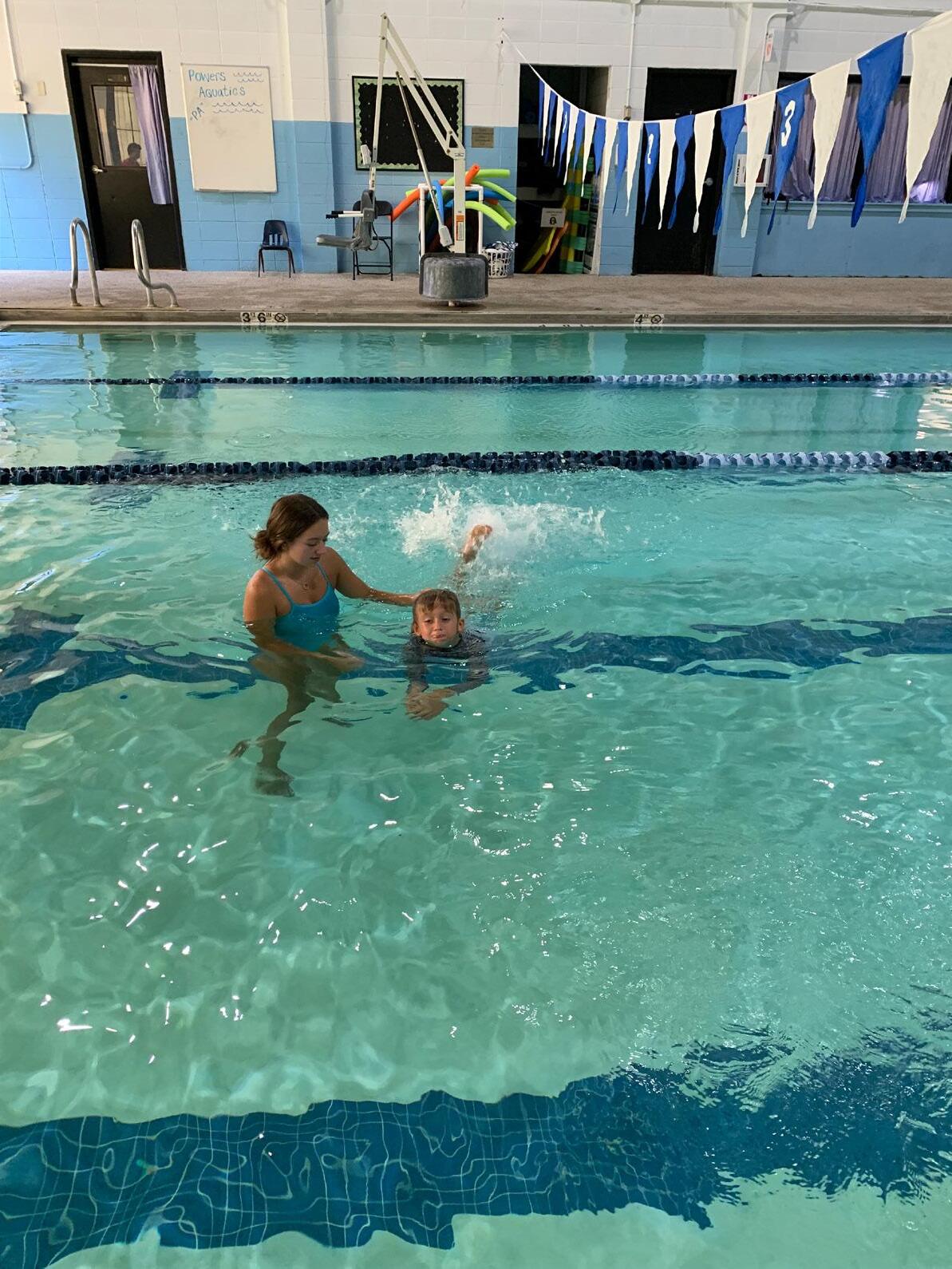
We provide a diverse and welcoming environment for all our campers with a new theme and corresponding activities every week. J-Camp is built on four pillars of JAMS: Judaism, Arts, Movement (athletics), and STEM.
In addition to our on-site programs, we have weekly field trips and specials guests! In the past, field trips included the zoo, local parks, museums and more. Special guests have included animal folks, cultural performers, storytellers and more.
One of the main topics of focus now is immigration. It has encouraged me to think of how my grandparents migrated to this country at the end of the 19th century. There is a story in my book “Pathfinding: Seven Principles for Positive Living,” that my father, alav ha shalom, told in my book. Without this story I wouldn’t know this part of my heritage.
“IN CZARIST RUSSIA , most Jews were orthodox, and Jewish boys attended their own schools, called Yeshivas. There was a military draft for all boys of military age.
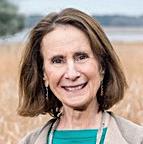
When Jewish boys were drafted into the czar’s army, they were treated as inferiors. They could not obtain Kosher foods. So, it wasn’t surprising that many of the Jewish boys facing military service left Russia before they could be drafted. Where did they go? They went to America.
“Your grandfather, as a youth, traveled all over
Siberia. He was an entrepreneur and a salesman, so it wasn’t surprising that when he faced the draft, he decided to leave Russia and go to America. He sewed five hundred dollars into the lining of his coat. That is all that he owned. He kissed his mother goodbye, said goodbye to his friends, and left for America.
“At that time there was an underground that oper-
ated throughout Europe, and it was able to spirit Jewish boys from town to town westward until they got to the German border. Once they got to Germany, they could board a ship that was bound for America. Your grandfather got all the way across Poland, and at the last Jewish outpost of the underground there was a family who had an eligible daughter. Her father took a fancy to your grandfather and demanded that he marry his daughter. But your grandfather didn’t want to marry his daughter. They threatened him that if he didn’t marry her, they would turn him in to the authorities.
So, during that night, he sneaked out and escaped.
“He made his own way across Germany, got on a ship from Germany and came to New York. Later when he settled in America, he brought some of his family over, including your great-grandmother. Your great-grandfather died in Russia.
“Your grandfather left New York and came to Boston with the help of people he knew from the old country. There he started his own business and proceeded to raise his own family.”
My grandfather left an incredible legacy, and his courage and persistence are qualities that define each generation of our family. Let’s think about our own heritage and that so many of us are the result of the immigration of our grandparents and great-grandparents.
PATRICIA RASKIN , owner of Raskin Resources Productions, is an awardwinning radio producer, business owner and leader. She has served on the board of directors of Temple Emanu-El, in Providence. Her “Positive Living with Patricia Raskin” podcast can be heard on voiceamerica.com

BY DANIEL STIEGLITZ
When I was studying for a master’s degree in Creative Writing at Bar Ilan University, one of the courses I took was on the topic of rhetoric. One day the teacher asked us all to stand up. At the time, Gilad Shalit, a young Israeli soldier who was abducted by Hamas, was still held by the terrorist group for what would eventually be a total of five years.
HOW TO SAFELY free and bring one of our fellow Israelis home was the subject of much debate in Israel. There was a campaign to do whatever it took, even if that meant releasing hundreds, if not thousands of convicted terrorists that were serving sentences in Israeli prisons. Others were of the opinion that not a single terrorist should be released, even if it meant saving one living Israeli soul. The range of opinions included every opinion in between. Without explaining to us
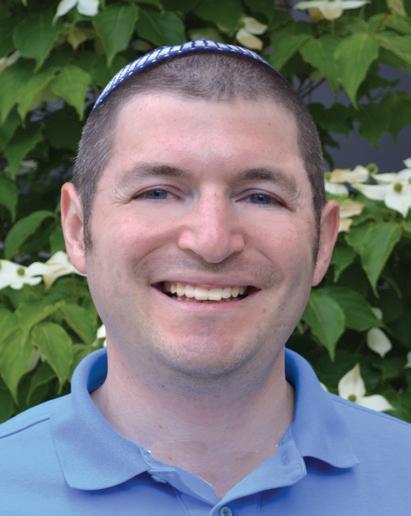
exactly what the exercise was, the professor asked every student who believed terrorists should be released in order to free Shalit to go to the right side of the room. Then she said everyone who believed that no terrorists should be released in order to get Shalit home should stand on the left side of the room. Those of us who were indecisive should stand in the middle of the room. I was in the latter group.
The professor then put us
into groups of three – one person from each “camp” based on where in the room we had chosen to stand. The initial rule was clear. Each of us in our group would have exactly two minutes to explain our opinion. No debating. No interrupting. No discussions. After the three people in each group completed their two minutes, the professor then instructed us to, as a group, continue with the same topic about Gilad Shalit, and come up with a list of what we ALL agreed on. Still no debating. Just finding the shared middle ground between the three of us.
I was proud of the list my group came up with. We

included a wide variety of things such as, “Gilad Shalit does not deserve to be in his current situation.” Also, this was not long after the most recent Gaza conflict where Israel seemed to have Hamas on the run yet still agreed to a ceasefire deal. So another item we agreed on was that Israel had missed an opportunity by pulling out when it did. We added, “Israel should have used their military advantage and high ground at the time to say that they would only withdraw and agree to a ceasefire if Gilad Shalit was released.” And we all adamantly agreed that we were grateful that we were not amongst the people who would eventually have to make such an impossible choice about Gilad Shalit.
We came up with one “outside the box” agreement that was vastly different from anything from the other groups. We agreed that, if we could all magically see into the future and know with 100% certainty that not a single released terrorist would ever cause harm to another human being, then we’d agree to release them. Even the person who was of the opinion that not a single terrorist should be released, stood behind that impossible but agreeable point.
Clearly the point of the exercise was not to debate or try to change other’s opinions.
It was to find common ground. And while Gilad Shalit was eventually released, sadly, one of the terrorists released as part of the deal was Yahya Sinwar, mastermind of the horrific events of Oct. 7, 2023. I’m grateful that, as my group and I agreed, we had nothing to do with the decision to release such a man, and of course could not see into the future to know the horrors he would instigate.
As I write this article, three Oct. 7 hostages have been released under the recent ceasefire deal. The country is divided on many aspects of this ceasefire deal; how it might negate the sacrifices of so many Israeli soldiers killed in Gaza since Oct. 7, if it will harm Israel in the long-term, and other such concerns. However, there’s one thing most if not everyone in the country agrees on – we are grateful for the three hostages already released, and eagerly hope for and anticipate the return of many more in the weeks and months ahead.
DANIEL STIEGLITZ (dstieglitz@ gmail.com), originally from Rhode Island, immigrated to Israel in 2007 and currently lives in Jerusalem. His collection of short stories, “Tavern of the Mind,” is available for paperback and Kindle purchase on Amazon. www.amzn.to/2Izssrz.
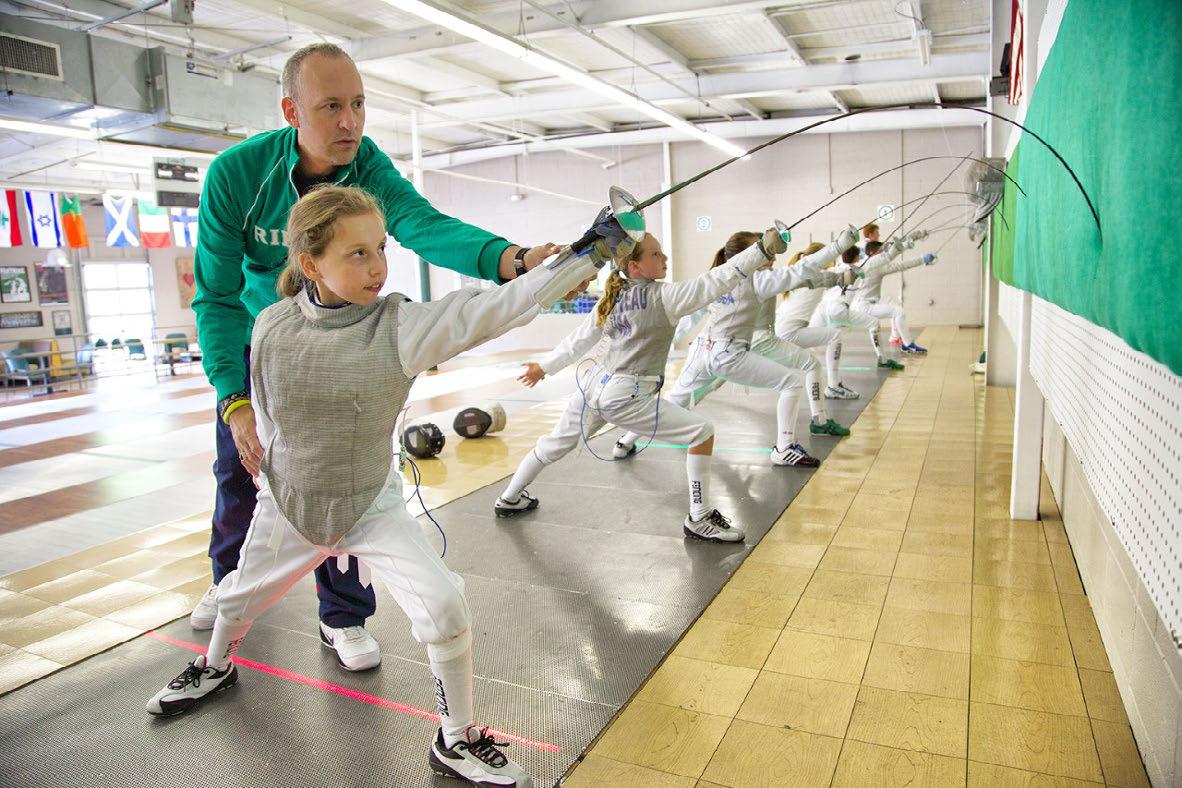

BY GEORGE M. GOODWIN
Having grown up within a Reform congregation during the ’50s and ’60s, I didn’t learn the word “tzedakah.” But soon after being sent to religious school at Wilshire Boulevard Temple in Los Angeles, I began to experience it. Every Saturday morning kids dropped a dime or a quarter into an envelope to help less fortunate Jews and others. Becoming socially aware was a cornerstone of my religious upbringing.
WHILE HAPPY to make my own gift to the Jewish Alliance of Greater Rhode Island’s annual campaign, I’m not shy about asking others. I call some fellow Beth-El members, some members of other congregations as well as some strangers. I also gladly thank all those who have already made gifts or pledges and remind others when time is running out.

But why am I so per sistent? I’ll try to explain. Yes, my siblings and I grew up within a prosperous home and neighborhood. Our father worked hard to support our family, and our mother worked as diligently on household chores.
I have quite vivid memories of my mother’s support of the Community Chest, which became known as the United Way. (One L.A. executive, Francis X. McNamara, had previously served in Providence!) Mom enjoyed a far more privileged upbringing than Dad, but both felt comfortableif not obligated- to make telephone calls. Indeed, as a 10-year-old, I also remember walking with her when she solicited $5 or $10 gifts by knocking on strangers’ doors.
One of Mom’s favorite organizations was Woodcraft Rangers, a boys’ group similar to Cub Scouts, which was a United Way beneficiary. She not only supervised the weekly meetings of our “tribe,” but rose within the organization’s hierarchy to become its first woman and its first Jewish president. Having
new facilities during the ’60s, these institutions also welcomed contributions by Jews.
My folks always supported liberal Democrats, and I can remember wearing a campaign pin during Adlai Stevenson’s second presidential campaign in 1956. They supported many successful candidates.
One was Tom Bradley, who became L.A.’s first Black mayor.
remained loyal to Rangers for 50 years, she received its highest honor, an unpronounceable Native American name. (It would be nice to know what that name was - and perhaps how to pronounce it!) All four of her grandparents in Cincinnati were Reform Jews, so she never received a Hebrew name.
But Mom’s adult role wasn’t merely to help what we called “underprivileged” families. Rather, she wanted her sons to interact with kids from many walks of life, especially by attending Rangers’ camps. After my junior year of high school, I became a counselor and remained involved for many summers. I can still recite some of the nondenominational prayers to “The Great Wakonda,” or Great Spirit which were offered at ceremonial campfires. But I also experienced boatloads of fun.
Following their participation in a mission to Israel in about 1960, my parents became further involved in L.A.’s Jewish Federation. Dad also became quite active in the local chapter of the American Jewish Committee. He was a lawyer, but Mom became devoted to the local chapter of the American Civil Liberties Union, ultimately serving as a vice president. Both my parents took pride in supporting their alma maters and other cultural institutions, such as the Music Center and the County Art Museum. Having begun to build splendid
tional experience, I never obtained a suitable position. Thus, during my mid-30s, I needed to pursue another option. Meanwhile, following my participation in a mission to Israel, I became quite active in the Young Adults’ Division of the Jewish Federation, and this is how Betsey and I met.
‘My parents' values and loyalties were clear.’
Fortunately, my parents’ values and loyalties were so clear that they seldom needed to lecture my siblings or me. I do recall, even while a college student during an era of extraordinary upheaval and violence, that I was expected to help the Jewish Federation and United Way campaigns. In some sense, it was the least I could do.
After earning my doctorate, I sought to become an art history professor or a museum curator. Although I spent years gaining addi-
In some sense, Mom was already a professional volunteer. Thus, one of her major interests was a graduate program, the School of Jewish Communal Service, at the L.A. campus of Hebrew Union College. She served on the school’s advisory committee for a decade, and I met some professors and students at receptions in our home. Without seeking her permission, however, I submitted an application to
the program. If accepted, I would possibly enroll.
But my acceptance turned out to be conditional. No, I wasn’t told to take remedial courses in Hebrew, which I needed. Like most students, however, I was required to earn a second master’s degree at the neighboring University of Southern California. I chose public administration over social work or gerontology, but refused to take the Graduate Record Exam until I faced expulsion.
I much enjoyed many of my professors and courses at HUC, and I was especially proud of my thesis, which was as long as but perhaps better than my dissertation. Following my graduation from HUC and USC in 1985, Betsey and I moved to St. Paul, Minnesota, where I became a federation executive. Two years later, following the birth of our first child, we moved to Providence, where I worked

IN THE DECEMBER 2024, David Middlemiss wrote a letter about a petition written by teachers and authors who participated in the 2024 NCTE (National Council of Teachers of English) convention in Boston. Mr. Middlemiss was careful and accurate with his wording, but the headline to this letter is misleading: it was not the NCTE that issued the petition.
As a retired English teacher, a former union rep for a union affiliated with the NCTE, and a writer, I was alarmed by the information in this letter. As a result, I checked the NCTE website to see their report. (I wish the editors has referenced NCTE as a resource, as well as CAMERA.)
The NCTE made a thorough and careful investigation, ending with this statement:
“As an Executive Committee, and with the help of many experts in this area, we are deeply concerned about the precedent we might set and its long-term negative implications to academic freedom if we get this wrong. If we censor CEI today for unjustified reasons, who will we censor tomorrow? For this reason, despite the horrific experiences that some of our members have encountered, we must say ‘no’ to censorship based upon the facts currently presented to us. We do not have sufficient grounds to deny CEI a platform at our Convention. We will, however, continue to monitor all of our vendors to best ensure a safe and inclusive Convention environment.” (NCTE Statement on Allegations of Harassment. CEI is CAMERA’s educational division.)
The entire NCTE statement is worth reading. It does not use ambiguous words like “right-wing hate group,” a meaningless description that might be translated as “you don’t agree with me so I hate you.” (I think that “woke” applied to organizations by the other end of the political spectrum means the same thing.)
I’d like to thank Mr. Middlemiss for bringing up this issue and again, for his careful wording in reporting who issued the anti-CAMERA statement. I think that discussions about research, reflection and careful meaning of the words we use is worth further conversation.
Jane Arnold Pawtucket, R.I.
Editor’s Note: JRI staff write headlines on letters.
IN MY COLUMN last March, “How to be Jewish in the Diaspora,” I made mention of Rabbi Shaul Magid, professor of Jewish Studies at Dartmouth, whose book, “The Necessity of Exile: Essays from a Distance” (2023), argues that Jews living in the diaspora outside Israel should celebrate the land and the life in which they find themselves. At the time that I was working on that column, I had only recently heard of Magid and had not read his newest book; I had learned a bit about Magid’s ideas from Marc Tracy, author of a Jan. 15, 2024 article in “The New York Times,” “Is Israel Part of What It Means to be Jewish? Now, the Answer Varies.”
nationalist movement’s success rests on this notion of Jewish life in the diaspora as dangerous (either physically or spiritually) and somehow inferior to Jewish life in the land of Israel…
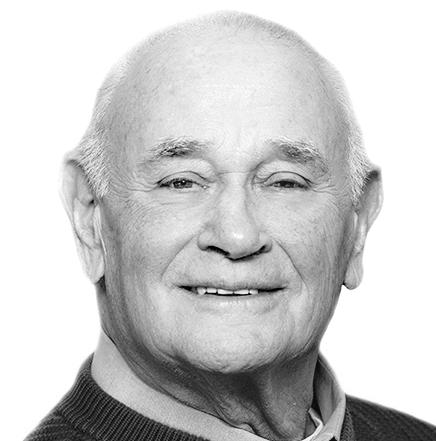
“The idea is summed up in a phrase that became a tenet of Zionist ideology and culture: shlilat ha-gola (or shlilat ha-galut, meaning “the negation of the diaspora” (or “the negation of exile”)….” From the standpoint of a number of Zionists, Jews who do not live in Israel are not truly Jewish!!
By happy coincidence, my daughter Karen sent me a copy of “The Necessity of Exile” as a Hanukkah gift. Within two weeks of receiving it, I had read each of the essays that comprised its nine chapters. While every one of the challenging essays deserves careful and expansive commentary, I will limit myself to Chapter Nine, an essay which bears the title of the book itself, “The Necessity of Exile;” this essay carries the subtitle, “Reading Exile Back into Jewish History.”
Magid begins the final chapter of his book by quoting words from Arnold Eisen’s 2014 essay, “Zionism, American Jewry, and the ‘Negation of Diaspora:’” “Virtually all Zionist theorists and activists have agreed in one way of another…that galut (exile) and golah (a word connoting both exile and diaspora in Zionist usage) must be opposed, condemned, denied legitimacy…”
Magid elaborates upon Eisen’s statement: “A common assumption among Zionists is that the
Throughout the bulk of Chapter Nine, Magid examines the thinking of four Zionists who, in one way or another, affirm both the diaspora and the experience of exile that is associated with it: Rabbi Menachem Mendel Schneerson (19021994), the Lubavich Rebbe; the Satmar Rebbe, Rabbi Yoel Teitelbaum (1887-1979); the Nobel Prize winning author, Isaac Bashevis Singer (1904-1991); Rabbi Samuel Tameris (1869-1931), well-known Lithuanian pacifist. What unites all four of these Zionists, despite their profound differences, is their rejection of the notions of negating the diaspora coupled with the negation of the experience of exile.
From the perspective of all four of these thinkers, the diaspora is to be understood as a positive, creative form of exile – not something to be merely tolerated; rather, the places outside Israel, where most Jews in our world – though a very slim majority – happen to live, should be cherished and celebrated for the opportunities they offer for vibrant Jewish life.
One of the greatest early Zionist thinkers, Ahad Ha-Am (1856-1927), died well before the establishment of the State of
Israel in 1948. Nevertheless, he had a vision of how the Jews of the land of Israel and the eventual State of Israel and the Jews of the diaspora might live with each other in a healthy, creative, and mutually supportive way. Ahad Ha-Am saw the Jewish community in the land of Israel as a potential merkaz ruchani, a Hebrew-speaking cultural center that would enrich and nourish Jewish life throughout the world. At the same time, Jews in the diaspora would contribute culturally, politically, and economically to life in the cultural center. To echo Ahad aHa-Am’s Ha-Am’s analogy, a---a wheel cannot be a wheel without a hub, but a wheel is also not a wheel when it lacks a rim.
Though I confess that I still consider myself a liberal Zionist, I utterly reject those forms of Zionism which embrace the notion of shlilat ha-golah, the negation of the diaspora. On the contrary, I affirm my identity as an American diaspora Jew. Depending upon the time of year, the balance between my American and Jewish identities shifts predictably – though at times unpredictably.
Thus, on July 4 and Thanksgiving Day, my identity as an American supersedes my identity as a Jew, while on Yom Kippur and Seder night, it is my sense of being a Jew that most deeply enriches me. I believe that my need as a diaspora Jew to constantly negotiate among my multiple identities makes me a better American, a better Jew, and – yes – a better person.
JAMES B. ROSENBERG is a rabbi emeritus at Temple Habonim in Barrington. Contact him at rabbiemeritus@templehabonim. org.
CONTINUED FROM PAGE 11
briefly for the Rhode Island Federation.
For Betsey and me, caring about Jews and others remains a heartfelt and steadfast concern. We feel privileged to support dozens of religious, communal, educational, and cultural organizations through gifts and leadership. Perhaps, as a result, I have bridged some deep gaps between the realms of study and action. Fortunately, our kids, Molly and Michael, have also become Jewish and tzedakah leaders in this country and far beyond.
In 2010, I was thrilled to receive an honorary doctorate from Hebrew Union College. Mom was still a member of the School of Jewish Communal Service’s advisory committee, so she marched with me in the academic procession. Long after my parents’ passing, we’re still proudly marching together.
GEORGE M. GOODWIN , of Providence, is the editor of Rhode Island Jewish Historical Notes.
BY ETHAN SHOREY
IN A SIDE capacity to my job as a local newspaper editor and writer, I’m also president of the Rhode Island Press Association. To people of a certain age, that name might sound stodgy and old, but we’ve been working hard to make sure we’re focused on things that matter to the people of Rhode Island today.
One of those is to remind everyone as often as we can that there are still very strong publications that function with a mission to keep you informed and to help make our communities better places. Raising that awareness puts important stories in the public eye.
Recently, we also started accepting all-digital outlets as members, and several
of those have come aboard recently.
Many of our local high school staffers and students are also aware of Rhode Island High School Journalism Day, which we brought back three years ago in a virtual capacity.
RIPA also puts our money where our mouth is, funding scholarships for students who want to go into journalism.
Another area of focus is to advocate for good policy and to make sure the government isn’t stifling the ability of average people to get information.
One bill we’ve advocated for over the past few years, and are hoping for a positive outcome this year, is Sen. Louis DiPalma’s legislation that would increase the public’s access to government
documents and information. The access law offers a number of changes to how police information must be reported, including on misconduct and body camera footage, reducing costs for record searches and redaction (current practice deeply impacts news outlets’ ability to acquire information for public consumption), and increasing fines for government officials found to violate the Access to Public Records Act. That includes daily fines for willful and knowing withholding.
To some, this might sound like “just” a press issue, but it’s a “you” issue as well. That’s by extension or if you’re ever in a position where you need to acquire key information for yourself or someone you know or love.
A quick point on the “willful and knowing” item: the vast majority of findings against state or local governments when it comes to withholding information are not deemed to be in this category. Most findings are considered the garden variety and would never result in a fine. This is reserved for the worst offenses.
We would greatly appreciate hearing from you if you’ve been forced to deal with long and frustrating attempts to get information. Government and agencies can do so much good with the right people and processes in place, but many also know how quickly things can turn when the wrong people act improperly and then want to keep their actions secret. Email ripressassociation@gmail.com with
your story. I’m not naïve enough to have missed that “the media” (there I go speaking of it as some amorphous blob as I tell others not to) isn’t thought of nearly as fondly as it once was. That said, people of every political persuasion, if they’re honest with themselves, know the good that can come about when someone, whether in traditional media or in one’s alternative outlet of choice, exposes the truth.
ETHAN SHOREY is president of the Rhode Island Press Association and editor of The Valley Breeze and its five newspapers. The news outlet you’re reading this in is a RIPA member.
LAST WEEK , the Department of Defense's intelligence agency suspended 11 holiday observances, including Holocaust Days of Remembrance and other significant cultural and historical events, in response to President Donald Trump’s ban on Diversity, Equity, and Inclusion programs within the federal workplace. The Holocaust, which saw the systematic murder of six million Jews alongside millions of other marginalized groups by the Nazi regime, represents one of the darkest periods in human history.
Failing to commemorate this tragedy not only disrespects the victims and survivors but also diminishes the lessons we must carry forward to prevent such atrocities from happening again.
Without proper remembrance, the risk of forgetting the horrors of unchecked hatred, bigotry, and discrimination grows, making it easier for such ideologies to resurface and harm society once more. Holocaust commemoration is crucial not only to honor the lives lost but also to educate future gener-
ations on the importance of preventing similar horrors in the future.
Moreover, disavowing these holidays sends a harmful message that the struggles and contributions of marginalized groups are less important or unworthy of recognition. Such actions undermine the dignity and rights of these communities while fostering a culture of exclusion— directly opposing the core values of equality, fundamental human rights, and inclusivity. Celebrating diversity in all its forms is essential for building
a society that is fair, just, and respectful of every individual. These observances celebrate the importance of recognizing and honoring diverse communities, offering opportunities for education, reflection, and a reminder of both the progress we’ve made and the hard work that remains on our journey to equality.
The Sandra Bornstein Holocaust Education Center will never stop commemorating Holocaust Remembrances, and we will always stand in solidarity with our partners and other minority groups in
recognizing and celebrating the 11 important holidays and histories that have been paused. The fight for inclusion and equality is ongoing, and we remain steadfast in our commitment to these values. For more information, contact Wendy Joering at wjoering@hercri.org or 401447-1311. The Mission of the Sandra Bornstein Holocaust Education Center is to teach the history of the Holocaust in order to promote human dignity, combat antisemitism, and confront all forms of hate.
BY PHILISSA CRAMER
(JTA) – Within minutes of Donald Trump’s meeting with Israeli Prime Minister Benjamin Netanyahu, Saudi Arabia threw cold water on one of the U.S. president’s pronouncements.
On Tuesday evening, when asked whether Saudi leaders were demanding the establishment of a Palestinian state in exchange for a treaty
with Israel, Trump said they were not. “Everybody’s demanding one thing, you know what it is? Peace,” he said.
Saudi Arabia responded quickly: No, it had not yielded on demanding the establishment of an independent Palestinian state, with east Jerusalem as its capital, as a condition of normalization with Israel, the kingdom’s foreign ministry announced
in a statement.
“The Kingdom of Saudi Arabia emphasizes that this unwavering position is non-negotiable and not subject to compromises,” the statement said. Saudi Arabia also noted that it would object to any efforts to displace Palestinians, an idea Trump has repeatedly insisted on in recent days.
The firm statement illustrates the gap between Saudi
Arabia and Trump, who made a series of shocking pronouncements on Tuesday, including that Gaza should be completely depopulated and then taken over by the United States. Those proposals fly in the face of the longtime Saudi demand for a Palestinian state in exchange for relations with Israel.
Trump is understood to view a deal between Israel and Saudi Arabia as a major
goal of his foreign policy. Netanyahu has repeatedly touted the prospects of Saudi-Israeli normalization as well.
The president, who considers himself a master negotiator and frequently makes unprecedented demands that change the terms of debate, helped Israel ink deals with four Arab countries during his first term.
BY KARA LIBERMAN
When you think of “camp food,” what comes to mind? As a camp director, I can assure you that your image of camp meals is probably very different from the reality. Let me take you on a food journey through the dining hall at Camp JORI in Wakefield.
AT JORI, there is variety and choice at every meal. Our food offerings are designed to meet the diverse tastes and dietary needs of all our campers. There’s always a wide range of options available. For breakfast, campers can enjoy a family-style hot meal, but that’s just the beginning. While waffles might be on the menu for the day, we always offer oatmeal, cereal, hardboiled eggs, cottage cheese, yogurt, fruit, and other nutritious alternatives. Even the pickiest eaters have no excuse to skip the most important meal of the day.
By lunchtime, our breakfast bar has been replaced with fresh salad toppings, beans, fruit, and an assortment of salads, all comple -
menting the day’s main dish. When I reflect on my own days at camp, I remember PB&J being a staple lunch. Today, campers have the freedom to make a “Wow Butter” (our peanut butter substitute) and jelly sandwich anytime, but surprisingly, this isn’t the most popular choice for many. Instead, the go-to alternative meal at camp is often a simple plate of plain pasta. My own child proudly let me know that he ate pasta at least once a day for the entire summer, by his own choice.
Camp food is about safety as well as variety. We prioritize the accommodation of allergies, sensitivities, and special diets. Our chef and kitchen team collaborate
closely to ensure that there are always delicious options that align with the main meal, whether it’s a gluten-free version, vegan dish, or something else entirely. As a vegan, our assistant director Bridget often jokes with the chefs about keeping them on their toes all summer. Over the years, however, she’s found that the kitchen staff truly enjoy the challenge of creating alternative meals. Some of the camp’s favorite special-diet meals include stir-fries with veggies and tofu, pasta with vegan meatballs, and hummus on the salad bar—a versatile option that can be enjoyed on a salad, in a sandwich, or as a dip.
The food journey at JORI is full of crowd favorites. If you asked me to name mine, they’d have to be fettuccine alfredo, our homemade pizza, and the beloved grilled cheese sandwich and tomato soup days. While these are hits with kids, there’s one dish that stands out above all: chicken nuggets. These crispy, golden bites are by far the most requested meal. However, when I asked the campers about their all-time
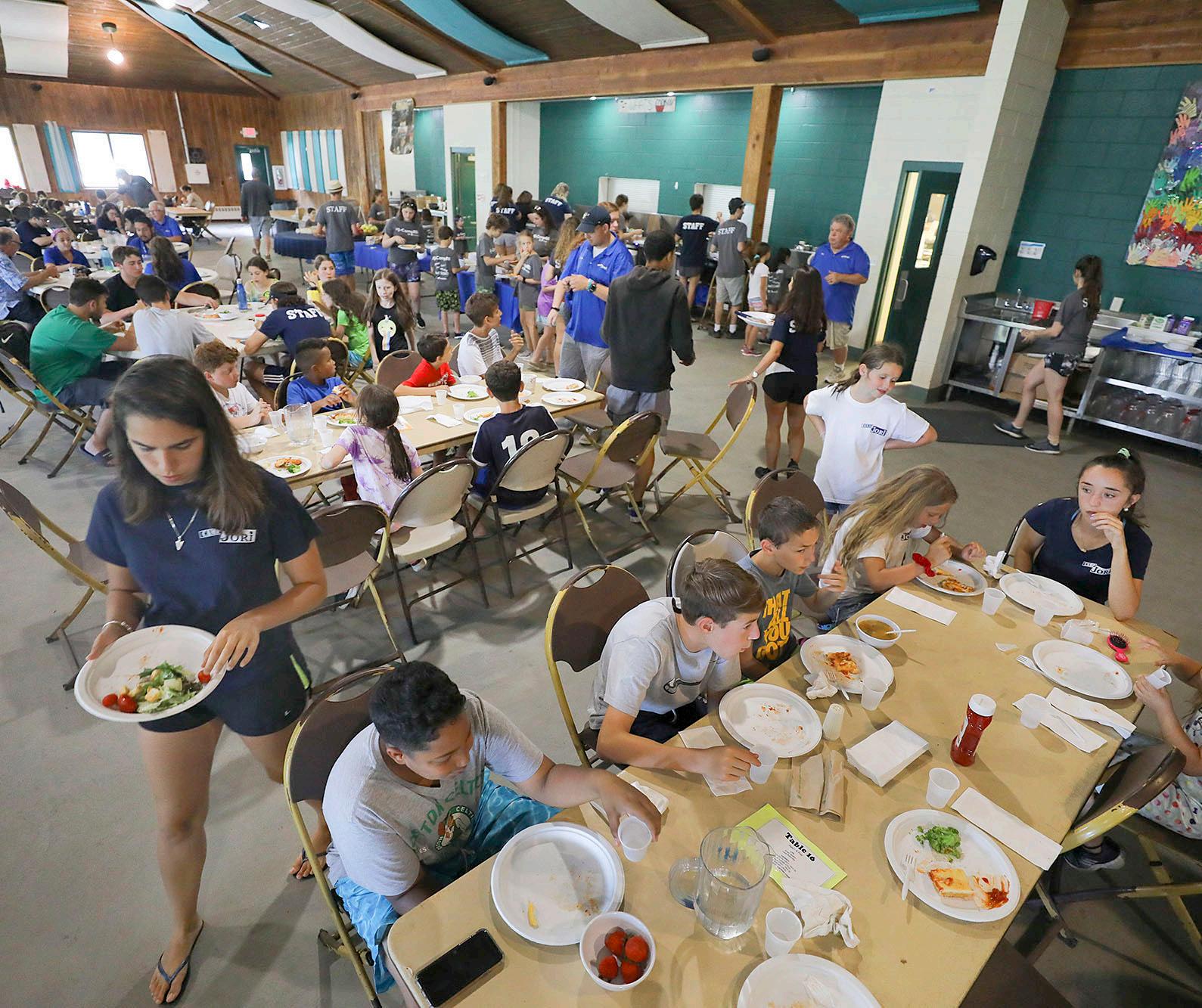
favorite meal, one answer stood out unanimously: “Sunday Call.” This weekly tradition is our ice cream sundae bar, where campers can build their perfect sundae with toppings and treats – a sweet end to a fun-filled weekend.
At JORI, we don’t just serve food; we create a dining experience that campers look forward to every day. Whether it’s offering healthy
options, accommodating dietary needs, or serving up a fan-favorite treat, we make sure that every meal is a highlight of the day.
KARA LIBERMAN is the director of Camp JORI in Wakefield. For questions about JORI, contact her at kara@campjori.com
BY EMMA NEWBERY
Ididn’t quite have the language to describe my summer camp experience –what seemed during the school year an almost hallucinatory eight weeks of tangled hair, sunburns, songs and silliness – until I got to college. It was there, while pursuing a degree in religion, that I encountered JZ Smith’s groundbreaking 1980 essay “The Bare Facts of Ritual.”
SUMMER CAMP was a huge part of my life since I started attending at the age of nine. By the time I went to college it was a few years behind me but my thoughts about it still unformed, yet to be processed, really. Maybe there’s something to be said for not intellectualizing the summers of ages 9-15 in Denmark, Maine.
For me, though, it was meditating on the key argument in Smith’s essay: the modern divisions between the sacred and the profane worlds, that allowed me to distill that wave of summer experiences. Through this timeless, ritual framework, as weird as it may sound, I began to understand their impact on me as an adult
and more importantly, to reintroduce sacredness in my life in other ways, once those summers were long past.
Smith’s lens is geared for an academic journal, not a column, so I’m going to cut to the heart of his argument: we define the sacred by what is profane. We see what should be there by noting
what shouldn’t be. And it is in doing so, while we hope to be keeping the sacred safe from the profane, we are in fact intertwining them closely.
Take Smith’s example from Greek Philosopher Plutarch. It reads: “[...] the priestess of Athens Polias, when asked for a drink by the mule drivers who had transported the sacred vessels, replied ‘No, for I fear it will get into the ritual.’”
A long-held belief and practice is confronted, and thus threatened by, the small intervention of a very human need: thirst. This example might seem to highlight the importance and sacredness of the water,
but it does something else, too. It shows us that there is power, even in a handful of mule drivers, over what is seemingly a divine and powerful practice. The profane has a way of creeping in, despite our best efforts. After a long trek through dry terrain, there is the divinity and majesty of the surrounding context, and the very human reality that, wow, are you thirsty. It may seem like a leap to go from Plutarch to tetherball, but the magic of those summers at Camp Walden was heightened precisely because of their short length, the threat of school and another nine months
BY RACHEL ACCETTURO
When summer camp comes to mind, what are some things you think of right away? Is it that camp is in the summer, or that it is outside or it’s a place for kids to go while parents and guardians are at work? Those are all true, but if you dive a little deeper, camp is much more than that.
Camp is a place where kids can truly be themselves, where it is okay to be silly. The counselors encourage campers to sing silly camp songs, tell funny jokes, and dress-up in weekly themed outfits. Camp creates a safe space where everyone is accepted.
Camp is a place where kids can make their own friends, perhaps for the first time. Parents and guardians sometimes help kids with introductions and guidance to develop friendships, but at camp they form organically. Because of this kids learn new social skills including active listening, sharing, and respecting personal space.
Camp is a place where kids can find their passion. Campers choose from an assortment of programs that include swimming, arts and crafts and sports and games, options they may have never had before.
Camp is a place where kids can take a break from technology. Instead of interacting with peers through video games or instant chat messengers, they give up screen time for in-person conversations.
Camp is a place where kids have the chance to set and accomplish goals. With the number of activities and programs offered they can learn how to swim, get over a fear of performing
without that rarefied space. And that’s how it felt to me, rarefied – as a shy kid, I flourished at camp, singing boldly, screaming for my friends in kickball, and flying confidently over the treacherous root systems leading down to the arts and crafts building. At the time, it felt like I had a different self, a self without the constraints of what people already knew about me at home or school.
The beauty too, was that this magic seemed self-contained. Because of the intervening months, every summer seemed like a time to reset. Friendships that caved in dramatically returned stronger than ever the next summer, embarrassing stories from the year before either went forgotten or were immortalized in song to the point where you felt loved instead of teased. It was a haven, a feeling I know many campers, both new and old, share.
But there was a deep-seated sense of anxiety, too, that came with it. A sense that we had to keep this time special, separate. Much of the camp culture, from songs passed down since 1916 to our only vaguely changing uniforms
over that same span, worked to build this sense of sacredness, apart-ness designed to increase with symbolic importance as we moved from bunk 1 to our final year in bunk 12.
In the last year, the eldest girls got personalized uniforms, special privileges, songs and rites of passage that were meant to close out our time at a place which had marked much of our childhoods. There was often avoidance or whispers of the “world beyond the sign,” the wooden marker at the entrance of our camp, which took on an almost mythic quality. Before I knew of Smith’s approach, the two worlds, “camp” and “home,” seemed irreconcilable, not inseparable.
in front of others, or conquer homesickness.
Camp is a place where kids can learn about healthy lifestyles. Healthy eating and physical activity are encouraged. There are abundant chances to participate in all kinds of programs that include swimming, team building exercises, sports and games, at all skill levels.
Camp is a place where kids can just be kids. During the school year, kids are used to the routine of going to school and doing homework or an extracurricular activity. Camp is a little less structured and allows kids more spontaneous play and freedom. Free play helps them develop creative thinking skills and explore their imaginations.
RACHEL ACCETTURO is the director of school age programs at the Jewish Alliance of Greater Rhode Island. Want information about camp at the Dwares Jewish Community Center? Go to jewishallianceri.org/exploreprograms/for-children/summerj-camp
The idea that camp is a space so distinct, so precious, that any reference to the profane outside is blanked out – fascinated me.
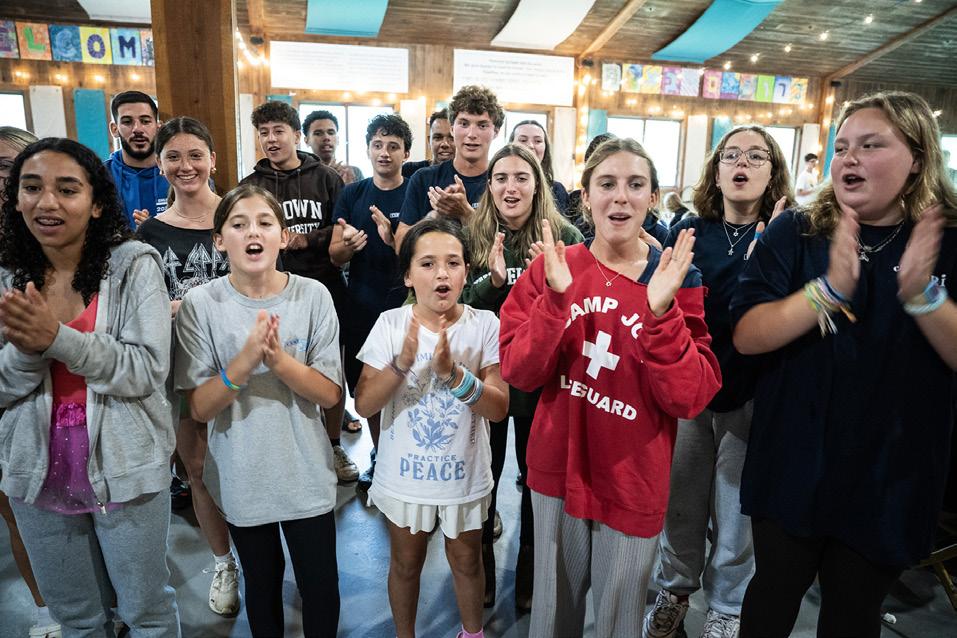

‘I can still conjure the screaming laughter of my friends.’
I remember one friend, as our last summer approached its final week, turning to me and saying: “I don’t even know what I do at home. When I picture it, I’m just staring at a blank wall.” This is the anecdote that came back to me immediately when I read Smith’s work.
The tail end of Smith’s argument speaks to how we can begin to add to the texture of that wall; where we can reconcile those two worlds that felt, along with everything else at age 15, like they were tearing me in two. In Smith’s essay, he argues that we find acceptance of the profane by acknowledging, not avoiding, its intimate relationship to the sacred. In an example countering Plutarch’s, Smith quotes a Kafka story where: “leopards break into the temple and drink the sacrificial chalices dry; this occurs repeatedly, again and again: finally, it can be reckoned on beforehand and becomes a part of the ceremony.”
Thirst returns with the same vengeance, immune to human conventions of time, in the same way as the biological need of leopards to hunt asserts itself and summer turns into fall. These things
exist in conflict, but also exist as imperatives. Notably, in Kafka’s example, the people in the temple incorporate the profane into their ritual. The community takes an “accident,” as Smith calls it, and “annihilates its original character as accident” by acting as if the leopards drink the water as part of the ceremony. If the leopards’ drinking is transformed from a conflicting reality to a complementary, sacred act, peace is restored.
He goes on to posit theories on the origins of religion based on these two approaches to ritual accident, which I’ll let you peruse on your own if you are interested. The takeaway for me, however, as I thought about growing older, aging out of Camp Walden, and seeing people I knew from that time assume their adult personalities, jobs, relationships, was to give in to the inevitability of the profane. Camp is here now because school was here first, just as camp will come again next summer. As a child, these painful stretches were incredibly difficult, but looking back now, I realize it makes those memories even more sacred, because I’m recalling them in the profane
world. They can be incorporated as a treasured component of the larger ritual of life.
Another framing, for the sceptics, comes from artist Katie Benn in one of her recent works:
“The leaves and the trees are sepia-tone, and it is in fact still winter, but the effect of trusting the changing of seasons allows the vision of the fruits of the future days to appear in the mind’s eye long before they do in the tangible world.”
Over a decade after my time at Walden ended, I can still conjure the screaming laughter of my friends, the feel of the particular plastic cups we used (perhaps you’re familiar with them) the squeak of the Adirondack rockers under stretching pines. Knowing that we must leave a place behind, to move into a yet-to-be-sacralized stage of life, is what sharpens our senses to its beauty.
EMMA NEWBERY (enewbery@ jewishallianceri.org) is a staff writer and podcast host for Jewish Rhode Island. You can find the essay, “The Bare Facts of Ritual,” at https:// www.jstor.org/stable/1062338
BUSINESS 24 | OBITUARIES 25
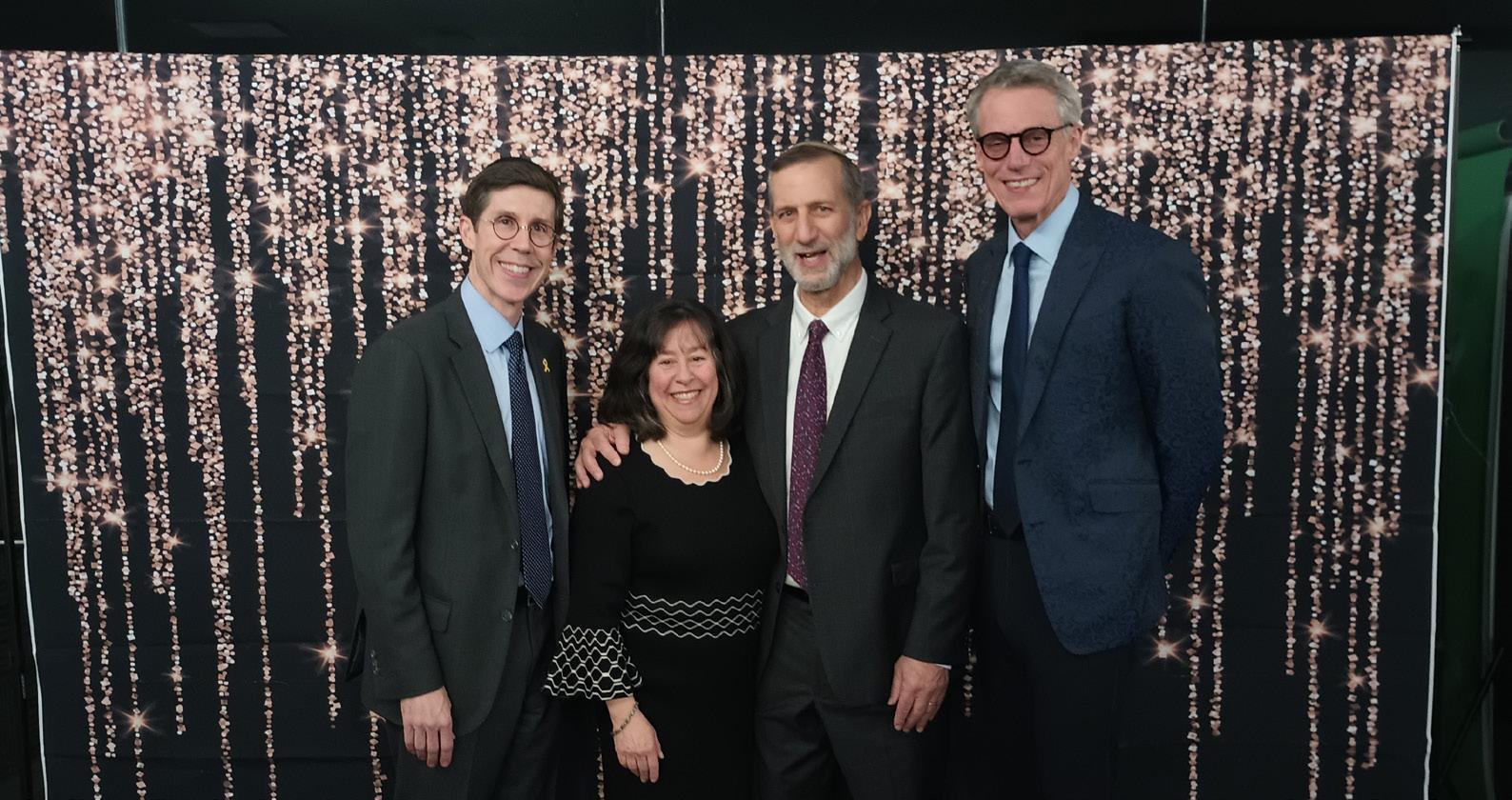
PROVIDENCE – On a beautiful evening filled with warmth and celebration, Congregation Beth Sholom hosted its annual gala at the Dwares Jewish Community Center, honoring the remarkable contributions of its members and the enduring spirit of its community. Specifically, this year’s honorees included Marvin Stark and Miriam-Abrams Stark, Jess Larko, and Drs. Yitz Schleifer and Talya Benoff. Nearly 120 guests gathered at the
event, including prominent figures such as Providence Mayor Brett Smiley and his husband Jim, State Representative Rebecca Kislak, and Congressman Gabe Amo, all of whom came to celebrate the congregation’s achievements and its vital role in the broader community.
The gala highlighted how Congregation Beth Sholom, though modest in size, has grown into a vibrant hub that exemplifies the power of a supportive and tight-
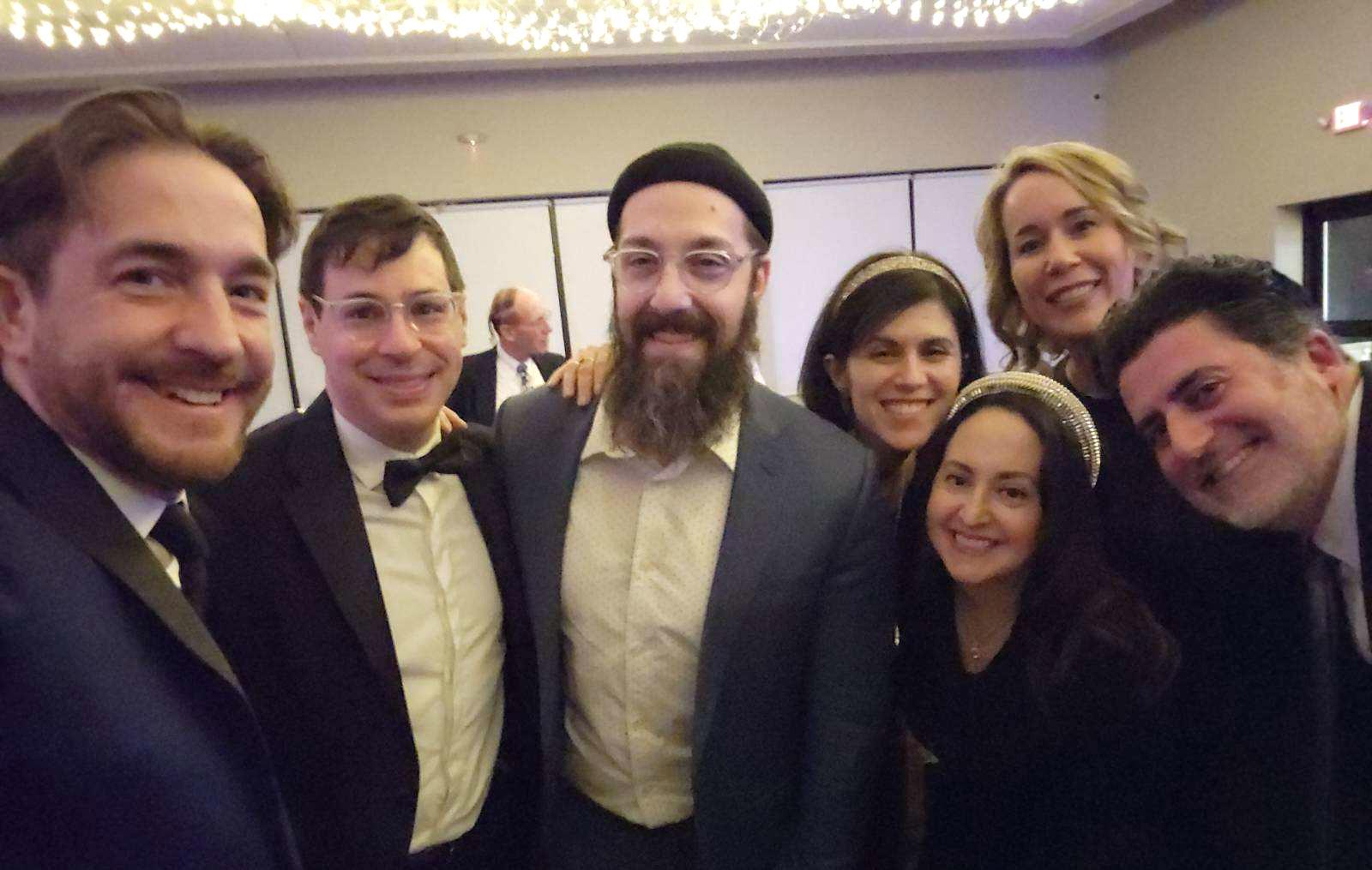
knit community. The evening’s theme centered on the congregation’s commitment to pluralistic collaboration, bridging Jewish and other local institutions, and fostering a culture of inclusivity, innovation and love. Multiple speakers noted that Congregation Beth Sholom is not only a source of deep religiosity but also a surprising and welcoming space for all, regardless of background or belief.
Rabbi Josh Bolton, execu-
tive director of Brown RISD Hillel, served as the evening’s emcee, bringing his signature warmth and humor to the event. The program featured inspiring words of Torah from the congregation’s Rabbi Barry Dolinger and Rabbi Emily Goldberg Winer, who reflected on the congregation’s journey and its enduring impact on the lives of its members and the wider community.
As the congregation continues to grow and innovate, it
remains a shining example of how a small but mighty community can make a profound difference, rooted in deep faith and religiosity, collaboration and a commitment to inclusivity. Mazel tov to all the honorees and to the entire Congregation Beth Sholom family!
Submitted by Congregation Beth Sholom
BY EMMA NEWBERY
Donald J. Trump’s second presidential term was barely minted last month when he released a series of sweeping executive orders that would unleash harsh raids, detentions and deportations upon immigrant communities across the United States.
ON THE DAY of his inauguration, Jan. 20, 2025, President Trump declared a national emergency on the U.S. southern border, authorizing the deployment of armed forces to the area. Over the next month, reported The Guardian, he would go on to sign executive orders establishing a “migrant detention center” at Guantanamo Bay for a planned 30,000 detainees, revoking the sensitive locations policy procedures that designate houses of worship, schools and other areas as refuge from immigration enforcement officials, and has attempted to terminate birthright citizenship as granted under the 14th Amendment. The New York Post reported that
Trump has also terminated the Temporary Protected Status (TPS) of more than 600,000 Venezuelan immigrants, leaving them vulnerable to the new and aggressive promises of his administration.
Across the country, local government officials are continuing to push back on the implementation of these orders. Denver Mayor Mike Johnston spoke to reporters on Jan. 22, saying: “we will not be bullied or blackmailed.” In Chicago, Mayor Brandon Johnson spoke to
press as ICE raids began in his city: “We stand together firmly in our welcoming city status, as well as our commitment to protecting all residents of the city of Chicago, no matter where you come from or how long you’ve lived here.”
While Rhode Island is not designated formally as a sanctuary state, its capital city of Providence is a sanctuary city, and as the American Immigration Council reports: “one in eight
CONTINUED
NEWPORT - Touro Synagogue, a National Historic Site, and America’s oldest synagogue, will host an open house as part of the 37th Annual Newport Winter Festival schedule of events. While normally closed for the season at this time of the year, the site will welcome visitors on Sunday, Feb. 16, between 10 a.m. and 2 p.m.
Open House guests will start their visit at the Loeb Visitors Center, 52 Spring Street, where they
CONTINUED FROM PAGE 16
Rhode Islanders was born in another country, while one in five residents is a nativeborn American who has at least one immigrant parent.” State legislators, politicians and community leaders have begun to take steps in both immigration policy and grassroots support to uphold the rights and well-being of Rhode Islanders.
State political actors hold a variety of views on how to approach the executive orders. Attorney General Peter F. Neronha's office is working with the Rhode Island Department of Education (RIDE) to provide guidance to schools on ensuring students’ rights are protected.
“Federal immigration officials have signaled that they no longer view schools as off-limits for even routine enforcement actions. Yet, Rhode Island children must have access to education without interruption or fear,” said Neronha in a Jan. 27 press release. “While federal immigration enforcement policies may have changed, basic legal and constitutional principles have not.”
Providence Mayor Brett Smiley’s communications director Josh Estrella gave a similarly firm statement to Jewish Rhode Island: “Mayor Smiley has affirmed that the Providence Police Department will not and should not be immigration officers. Providence remains committed to being a safe and welcoming city for all neighbors
may explore two floors of multi-media exhibits about Newport’s colonial Jewish community and the origins of religious freedom in the United States. Knowledgeable and engaging guides will then welcome guests inside Touro Synagogue, one of the most architecturally distinguished buildings of 18th-century America, and answer questions and provide historical details. Complimentary cookies and cider will be available on the patio outside the visitor’s
of all immigration status. To be clear, Providence Police will never ask for a person's immigration status. Our priority is the safety of all neighbors. The City’s policy remains the same and will not change: Providence will not proactively collaborate with ICE to provide information.”
Others in the state disagree with this approach. The Republican Party of Rhode Island issued a press release on Jan. 31, quoting their chairman Joe Powers, which read, in part:
“The Rhode Island Republican Party stands firmly behind law enforcement
‘Rhode Island children must have access to education without interruption...’
and the enforcement of all immigration laws as written. Powers reaffirmed his commitment to supporting policies that prioritize the safety and security of Rhode Islanders.
‘We cannot allow political activism to take precedence over the safety and well-being of our citizens,’ Powers concluded. ‘Every elected official who participates in this lawless defiance should be removed and prosecuted. Rhode Islanders deserve leaders who will uphold their oath, not betray it.’”
Others fall somewhere in between. Governor Daniel
center to conclude the visit. The fee per person is $5 –entry is free with a Newport Winter Festival bracelet. For information on where to obtain a Festival bracelet and for the entire 10-day schedule of Newport Winter Festival events, please visit www.NewportWinterFestival.com.
For more information about the open house, please email tours@tourosynaogogue.org or phone 401-8474794, ext. 207.
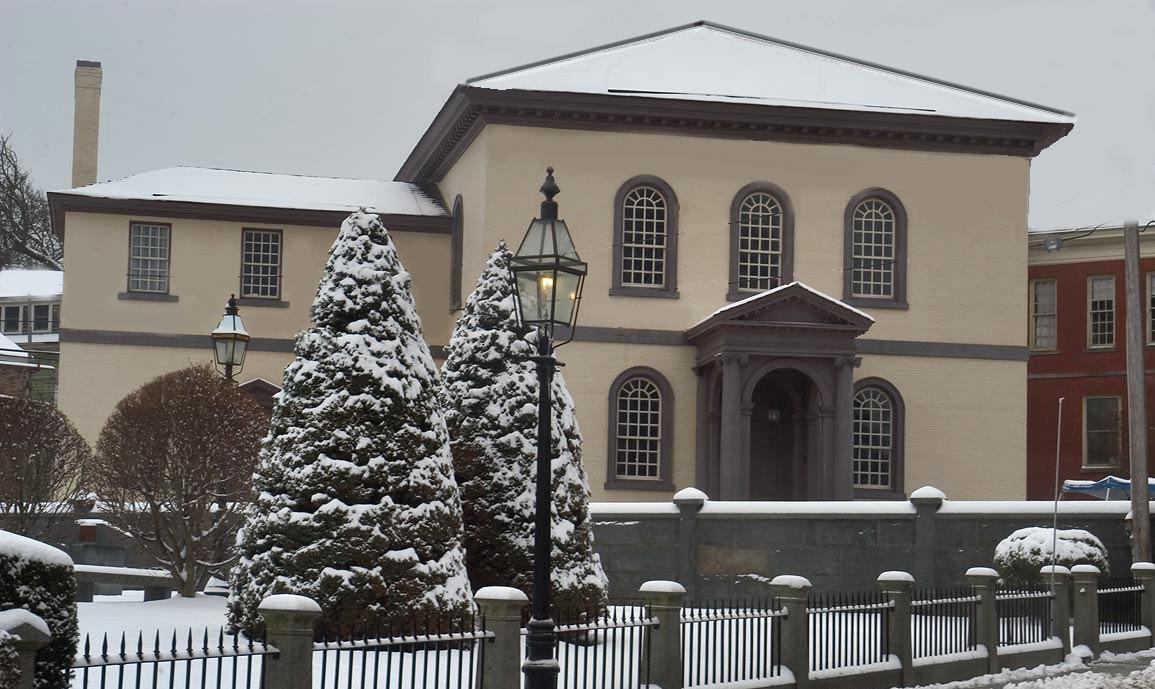
McKee shared the following statement with Jewish Rhode Island:
“Given the rise in inflammatory rhetoric targeting this country’s immigrant communities, I understand the anxiety and fear many Rhode Islanders are experiencing, particularly related to new and potential changes in national policy,” he said.
“I believe strongly that undocumented people who are hardworking and adding to RI’s economy should have a path toward citizenship, similar to former President Reagan’s amnesty program. I also want to assure the public that, while Rhode Island State Police officers are committed to ensuring the safety of Rhode Islanders, they are not immigration officers and should not be deployed as such. When it comes to violent criminals in this country illegally, however, the state already cooperates with ICE on their lawful detention. That is not new.”
While the political responses vary, grassroots organizations across the state are united in their approach: preparing as well as they can for an influx of immigrants with tangible needs.
Alliance to Mobilize Our Resistance (AMOR), launched in 2017, provides community support in Rhode Island and southern New England for victims of hate crimes and state-sponsored violence, and have specific resources to help individuals who are undocumented. Their AMOR Defense Line
Against Deportation & Police
Brutality (401-675-1414) offers support in both English and Spanish for those in need of community or legal support. Moreover, AMOR takes the crucial next step in assuring that their clients remain cared for beyond the moment of crisis by reaching out to mental health practitioners and medical providers to form a client care network for longer-term support.
DORCAS International, a non-profit offering integrated services to immigrants in Rhode Island, has been anticipating this increase in need as well. Though the aggressive actions and speeches broadcast on television can seem far away from Rhode Island’s shores, Director of Communications Julie Cofone noted: “The administration’s stop work order for the use of federal funds for Reception and Placement Services that supports newly arriving refugees directly impacts those who arrived in Rhode Island in December and January, both in terms of financial support, basic needs and staff assistance.
“Already we are seeing schools, clinics and agencies scrambling with addressing how to respond to ICE raids on site,” she added. “Also, as you may know there are many families not sending their children to school, seeking healthcare, etc.
“Rhode Island’s progressive stance on immigrant rights, including offering in-state tuition and driver’s licenses to undocumented individuals, may be challenged by shifts
in federal policy, prompting state lawmakers to respond either by reinforcing protections or adjusting to the new federal landscape,” she concluded, laying bare the uncertainty of whether even the most basic of protections will remain in the coming months and years for immigrant communities in Rhode Island and beyond.
Jewish community allies to these and other organizations are also looking for how to best offer support. In a statement to Jewish Rhode Island, Jewish Collaborative Services’ President and CEO Pam Morris said:
“We will remain committed to fostering a welcoming environment where all individuals regardless of background or religious affiliation can access the support they need. Our work done through our programs like the food pantry, counseling center and case management ensures that vulnerable populations, including immigrant families, have resources to navigate challenges and build stability. We will also remain engaged in collaborative efforts to address any needs related to the impacts and will uphold our values of respect, compassion and community support for ALL in need.”
Jewish Rhode Island will publish ongoing coverage of this issue.
EMMA NEWBERY (enewbery@ jewishallianceri.org) is a staff writer and podcast host for Jewish Rhode Island.
BY SARAH GREENLEAF
ow can the Jewish Alliance of Greater Rhode Island better serve you and create the right programs and options for our community?
In the fall of 2024, the Jewish Alliance embarked on a community-listening campaign and collected data from more than 500 community members throughout the state through a comprehensive survey, small group conversations, and one-on-one interviews. With the help of our volunteers, we analyzed the data and developed the goals and strategies below.
GOALS:
CONNECTIONS – Continue to build strong connections between members of the Jewish community and between the Jewish community and other communities.
THIS FALL A TEAM of board members, community members and Alliance staff came together to create a strategic plan for the next three years. They created a community survey which more than 350 people responded to. Another 150 people participated in small group discussions. The goal was to gauge how the community’s needs have shifted or solidified in key areas since the last strategic plan With that information, the
STRATEGIES:
Invest in programs that contribute to a vibrant, thriving Jewish life in Rhode Island, Israel, and in our overseas partner communities.
Invest in programs that contribute to a vibrant, thriving Jewish life in Rhode Island, Israel, and in our overseas partner communities.
Increase financial support from donors to ensure the Alliance can meet community needs and support all elements of a vibrant, thriving community.
Increase financial support from donors to ensure the Alliance can meet community needs and support all elements of a vibrant, thriving community.
Utilize the Alliance’s role as a community convener, connector, and funder to ensure that community members in crisis have access to support and services.
PHILANTHROPY
group discussed the following questions: “What does a vibrant thriving Jewish community for all look like over the next three years?” and “What are the most important ways that the Alliance can make that a reality?”
SAFETY – Continue to implement strategies that increase safety in the Jewish community through addressing antisemitism and building stronger support for the Jewish community.
The working group found that, while the communities’ needs had not changed drastically over the four years since the last strategic plan, there was a need for a more focused and concise plan. To do this the group created
strategies that build on each other to address three key areas of focus: connection, safety and capacity.

with the rise of antisemitism. This is addressed in the plan through connecting with other communities, creating resources for the workplace including Jewish employee resource groups, and continuing to advocate at the state level to increase awareness when it comes to planning around Jewish holidays and addressing hate, and creating resources and tools about fighting antisemitism for the community to access and utilize.
Utilize the Alliance’s role as a community convener, connector, and funder to ensure that community members in crisis have access to support and services.
idence through increased programming support.
HERE FOR GOOD: 3-Year Strategic Plan
CAPACITY - Grow the financial resources needed in order to have a vibrant, thriving Jewish community for all in Rhode Island.
The group worked to come up with ways to tackle these three issues with strategies that can address multiple goals at once. Success was both imagined as a scenario and broken down into measurable parts. Each “Key Strategy” was also assigned “Key Initiatives” that the teams and partners needed to complete the strategy.
“What was really heart-
Support communities outside of Providence with resources to elevate Jewish life across the state and to coordinate Alliance support in those areas.
ening about the planning process was that the community told us that we are working in the right areas,” said Alliance CEO and President Adam Greenman. “Continuing to bring people together throughout our community, continuing to address antisemitism and hate, and continuing to ensure the community has the resources to be vibrant and thriving are going to be our main areas of focus.” Survey participants were overwhelmingly concerned
COORDINATION
RELATIONSHIPS
ENGAGEMENT
Support communities outside of Providence with resources to elevate Jewish life across the state and to coordinate Alliance support in those areas.
Make the Dwares JCC a destination that supports greater relationship building and engagement for the Jewish community and those who do not identify as Jewish.
Make the Dwares JCC a destination that supports greater relationship building and engagement for the Jewish community and those who do not identify as Jewish.
Develop deeper relationships with other faith and ethnic communities, business leaders, school administrators, and elected officials that increase knowledge of the Jewish community and help counter rising antisemitism.
Develop deeper relationships with other faith and ethnic communities, business leaders, school administrators, and elected officials that increase knowledge of the Jewish community and help counter rising antisemitism.
The goal of connections also addresses providing resources to Jewish communities outside of Prov-
Many communities outside of the greater Providence area expressed a desire not to have to travel to access Alliance programming, but to have it available in their own communities through partnerships. Key initiatives in this area include working with partner organizations and synagogues, investing in partner organizations and recruiting participants from these areas for a leadership development program.
Additionally, the Alliance will continue to use its role
as a community convener, connector and funder to address and support statewide efforts with other nonprofits and government officials to address poverty in the Jewish community and beyond. This will be done through increasing the number of coalitions the Alliance participates in to address basic needs and poverty in the Rhode Island. The Alliance will also focus on helping to pass legislation that addresses basic needs and economic justice.
The goal of growing capacity is to support all other strategies through
increasing the available financial resources needed to do the work. This includes increasing the number of major donors, as well as increasing the number of overall donors to the Alliance. Part of this goal is to develop clear and concise messaging around the mission and success of the Alliance’s work and to circulate that message widely in print, digital and through secular media. Growing capacity will also allow the Alliance to invest in programs from a variety of organizations locally, in Israel
Our strategic plan continues the Alliance’s critical areas of work on behalf of the community. When fully realized, the Alliance will have implemented programs, events, and investments that lead to a more vibrant, thriving Jewish community for all.
and through our overseas partnerships to help achieve its other goals of connection and safety. This will be measured through the funds distributed, the return on investment on each program, and again through a leadership development program whose participants serve on community boards and committees.
And finally, there is the strategy of making the Dwares Jewish Community Center in Providence a destination for programs and activities that support the strategies of relationship
BY BRAD SWARTZ
The Haifa Rape Crisis Center (HRCC) provides an array of critical services designed to support survivors of sexual violence and prevent further occurrences of such violence. Their comprehensive assistance services include 24/7 emergency telephone and WhatsApp lines, offering immediate support to victims in distress. HRCC also offers treatment and counseling, assistance in navigating hospitals, police stations, courts, and the National Insurance Institute, with volunteers accompanying victims to these institutions for added support. In addition, HRCC facilitates various support groups for survivors, as well as for their families, including mothers, partners, and spouses.
IN THEIR EFFORTS to prevent sexual violence, HRCC delivers educational programs, workshops, and professional training across a variety of settings. They offer workshops in schools, informal youth settings, and for parents, focusing on healthy sexuality and preventing sexual violence. Their professional training programs are extensive, covering areas such as treatment, education, health, and law. HRCC also conducts training to prevent harassment in organizations and communities, and they work
CONTINUED FROM PAGE 18
building and community engagement for those in the Jewish community and those who do not identify as Jewish. This will be measured through an increase in the number of people who come into the building each day, an increase in JCC members and membership revenue, increasing events, and increasing people who attend multiple events. These metrics include all aspects of the Dwares JCC from the David C. Isenberg Family Early Childhood Center, to fitness and aquatics, public policy programming, Jewish Life and Learning programs and more.
“I was excited by how many people participated in the process, and how passionate people are about the community,”
directly with survivors to educate thousands of professionals annually through lectures and programs.
Resource Development Coordinator Rachel Valenta had this to say about the relationship between HRCC and the Alliance, “Since 2018, the Haifa Rape Crisis Center (HRCC) has proudly partnered with the Jewish Alliance of Greater Rhode Island, our first and longest-standing supporter for our Afula, Gilboa and the Valleys branches. This partnership goes far beyond a yearly grant request,
said Greenman. “Strategic plans can only be successful if everyone pitches in, and I’m inspired by how many community members showed a willingness to roll up their sleeves and help us with this work. It gives me great confidence that the future of this community is bright!”
This more focused plan continues the work important to the community and works to clarify the Alliance’s impact on the community over time. With full implementation by 2028, the Alliance will have clarified its message, increased its donor base, and implemented programs, events and investments that lead to a more vibrant, thriving community for all.
Board member participants: Hadley Bazarsky, Reza Breakstone, Harris Chorney, Susan Froeh-
serving as a model for true collaboration: ongoing conversations, mutual involvement in each other’s initiatives, and shared growth. It remains one of our center’s most treasured relationships and has set an example for the type of partnerships we strive to build.”
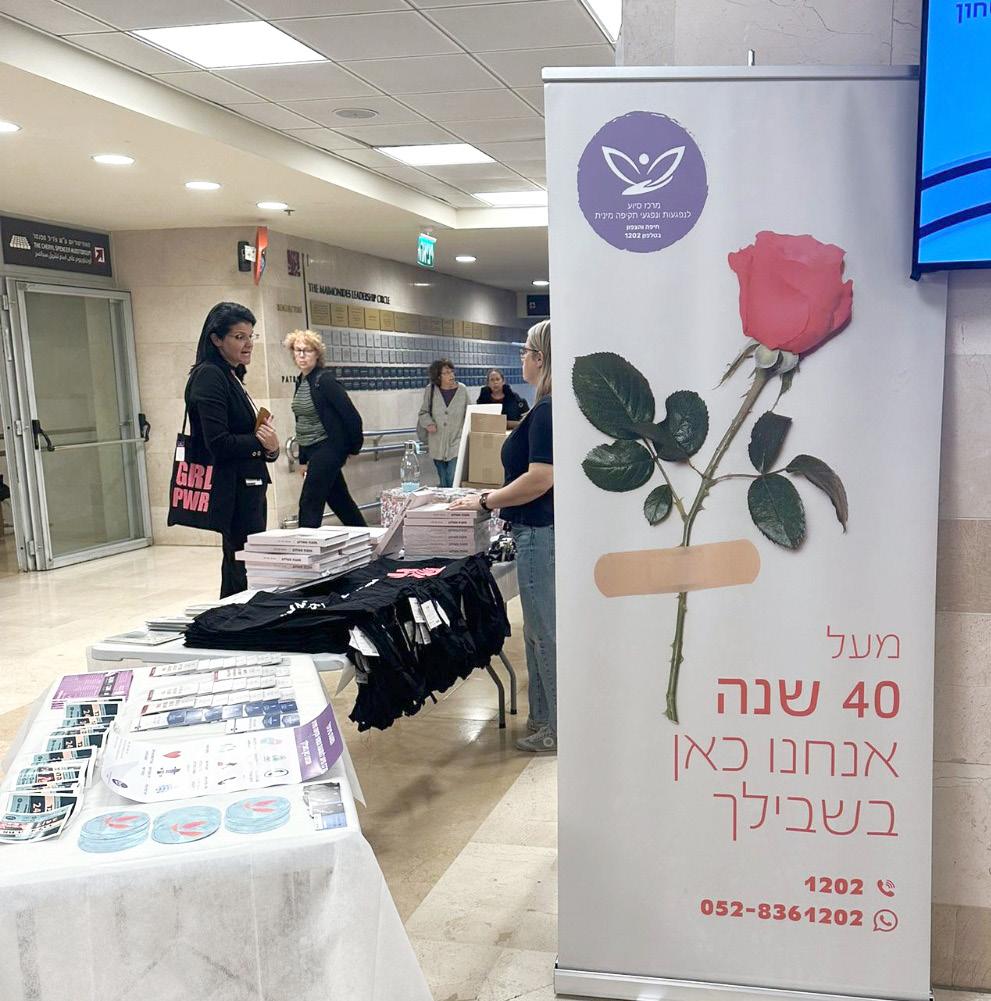
Every contribution to the Alliance Community Campaign helps support HRCC and other vital partners in their efforts to create safer, more supportive communities. We invite you
lich, Marisa Garber, and Cara Mitnick. Community member participants: Jeff Buckler, Natasha Buckler, Rabbi Barry Dolinger. Staff participants: Sarah Greenleaf, Adam Greenman, Stephanie Hague and Emily O’Connor.
To hear Adam Greenman discuss the new strategic plan with Emma Newbery, go to https://www. jewishrhody.com/stories/ in-conversation-with-adam-greenman-the-3-yearstrategic-plan,89996?
SARAH GREENLEAF (sgreenleaf@ jewishallianceri.org) is the digital marketing specialist for the Jewish Alliance of Greater Rhode Island and writes for Jewish Rhode Island.
to become involved in this important work through committee membership or by donating to the Community Campaign.
For more information on how to contribute, visit Jewish Alliance’s dona-
tion page or contact Brad Swartz, Fundraising and Partnership Manager, at bswartz@jewishallianceri. org. Together, we can make a meaningful difference.

10 highly-specialized martial arts programs for adults and families, with the 1-on-1 instruction and supportive community you

BY JEWISH RHODE ISLAND STAFF
Israeli farming is resilient and known throughout the world for innovation in use of resources. On Feb. 12, Nevo Atia, a director of BNOP Agriculture, will present a program “Revolutionizing Agriculture; Israel’s Journey of Innovation and Resilience.” Part of the year-long Israeli Culture Series, the program will take place at 7 p.m. at the Dwares Jewish Community Center, in Providence.
FROM ITS HUMBLE origins to world-changing innovations, Atia will explore the remarkable resilience of Israeli farming in the wake of Oct. 7
and share a forward-looking vision for sustainable and technological advancements in agriculture. He will offer insights into how the ingenu-
ity of a small nation continues to shape global food security and sustainability.
Atia also has a connection to Rhode Island’s community
shlichah, Gaya. He is her soon-to-be brother-in-law!
“He is incredibly passionate about his work,” she said. “BNOP Agriculture specializes in turnkey projects, managing everything from inspection to completion.
Fun fact: Nevo’s father named the company after his children, using their initials—Bar, Nevo, Ofek and Peleg (BNOP).”
You can meet a member of Gaya’s family, celebrate Tu b’Shevat and learn
about Israeli agriculture on Wednesday, Feb. 12, at 7 p.m. at the Dwares JCC, 401 Elmgrove Ave., Providence. Registration is $5. Proceeds go to Kibbutz Manara, in northern Israel, which was severely impacted during the war. Atia’s grandparents live there.
To register, go to jewishallianceri.org/events/revolutionizing-agriculture.
For more information, contact Gaya at 401-421-4111, ext. 121.
WHEN TEMPLE Emanu-El chose the Jewish Federation Foundation of Greater Rhode Island (JFF) to help manage its endowment funds, the congregation joined a dozen other Rhode Island Jewish agencies and synagogues who invest together. That was more than a year ago. This portion of JFF investments – Jewish
agencies and synagogues –now totals more than $34.7 million.
JFF endowment funds are managed by the Rhode Island Foundation, a relationship that was established in 2019 and has significantly benefited the JFF and the Jewish community at large. The funds are invested with
the foundation’s portfolio of approximately $1.4 billion.
The technical advantages of an organization’s endowment fund at the JFF include:
Being part of the investment portfolio of the Rhode Island Foundation, affording access to investment vehicles that are not available to smaller funds.

Customer service from the Jewish Alliance of Greater Rhode, the organization that understands the special needs of the Jewish community.
Operational flexibility – for example, choice of regular distributions or requesting as needed.
More importantly for the community, JFF can provide organizations with expertise regarding planned giving including tools to encourage donors to think about their legacies. Additionally, instead of the support fee going to a generic financial institution, it goes to organizations that
are caring for the community. By investing with JFF, organizations are partnering with an organization with shared values that supports communities throughout the state. There are many ways to plan for your future and proudly leave your legacy. For more information about the Jewish Federation Foundation and your individualized planned giving options, contact endowment@jewishallianceri.org or 401-421-4111.
Submitted by the Jewish Federation Foundation

Award-winning writer, actor, director, producer, and podcast host, Iris Bahr will perform her one-woman show “See You Tomorrow,” followed by a post-performance Q & A on Monday, Feb. 10 at 7 pm in the Swan Hall Auditorium, 60 Upper College Rd, Kingston.
THE PERFORMANCE is free and open to the public. Reservations may be made at http://bit.ly/4hIdbRz.
“See You Tomorrow”
tells the story of how Bahr, while video chatting with her mother thousands of miles away, saw her mother having a stroke. Navigating
a life and death situation, Bahr relocated across the globe from Los Angeles to Tel Aviv practically overnight. Straddling cultures, generations, and an ocean, “See You Tomorrow” is a surprising, funny and poignant story about family, caregiving, guilt, and what happens when memory and one’s history dissolve in an instant.
With over 50 television and film credits to her name including roles on
“Friends” and “Hacks”, Bahr is best known for her recurring role on “Curb Your Enthusiasm” and her series “Svetlana.”Her debut solo show “DAI” won the Lortel Award and received two Drama Desk nominations.
Bahr’s visit is sponsored by URI Hillel and the URI Theatre Department with financial support from URI Health Services; Community, Equity, and Diversity; Gender and Women’s
Studies; Congregation Beth David of Narragansett; the Women’s Alliance Endowment and the Collaborative Grants program of the Jewish Alliance of Greater Rhode Island. Additional support comes from the Department of Human Development and Family Studies, and the Women’s Center.
For more information, contact Amy Olson at amyolson@uri.edu
An in-depth look at the making of ‘The Quiet Village: the untold story of Kulmhof extermination camp’
JOIN US AS we welcome back filmmaker Ashton Gleckman, who will join Chairman of our board of directors Professor Michael Bryant, as they present the second installment of this year’s Baxt Lecture Series. This special event will focus on the making of, “The Quiet Village,” a groundbreaking documentary that reveals the untold history of Kulmhof, the first extermination camp established by the Nazi regime during the Holocaust.
Between 1941 and 1945, at least 152,000 people –mostly Jews – were murdered at Kulmhof, a site in Nazi-occupied Poland. The victims were killed in gas vans by the SS and German police, and only six people survived the atrocities.
What was once an ordinary village, became a living nightmare. Through the eyes of the six survivors, “The Quiet Village” tells the harrowing story of Kulmhof. Filmed across seven countries, the documentary uncovers this devastating
chapter of history and highlights the importance of preserving the memory of its victims.
Ashton Gleckman, director of the History Channel documentary series “Kennedy,” teams up with Professor Michael Bryant, for an extensive discussion of the making of “The Quiet Village.” Bryant, who is both a co-producer and a featured historian in the film, will share his insights into the historical research and the process of bringing such a vital story to the screen.
Whether or not you attended part one of the series, this lecture offers a unique opportunity to gain a deeper understanding of the significance of Kulmhof and hear firsthand from the filmmakers and historians behind the project.
Join us for this powerful chance to explore the history, filmmaking process, and personal stories behind a documentary that expands the conversation around Holocaust education.
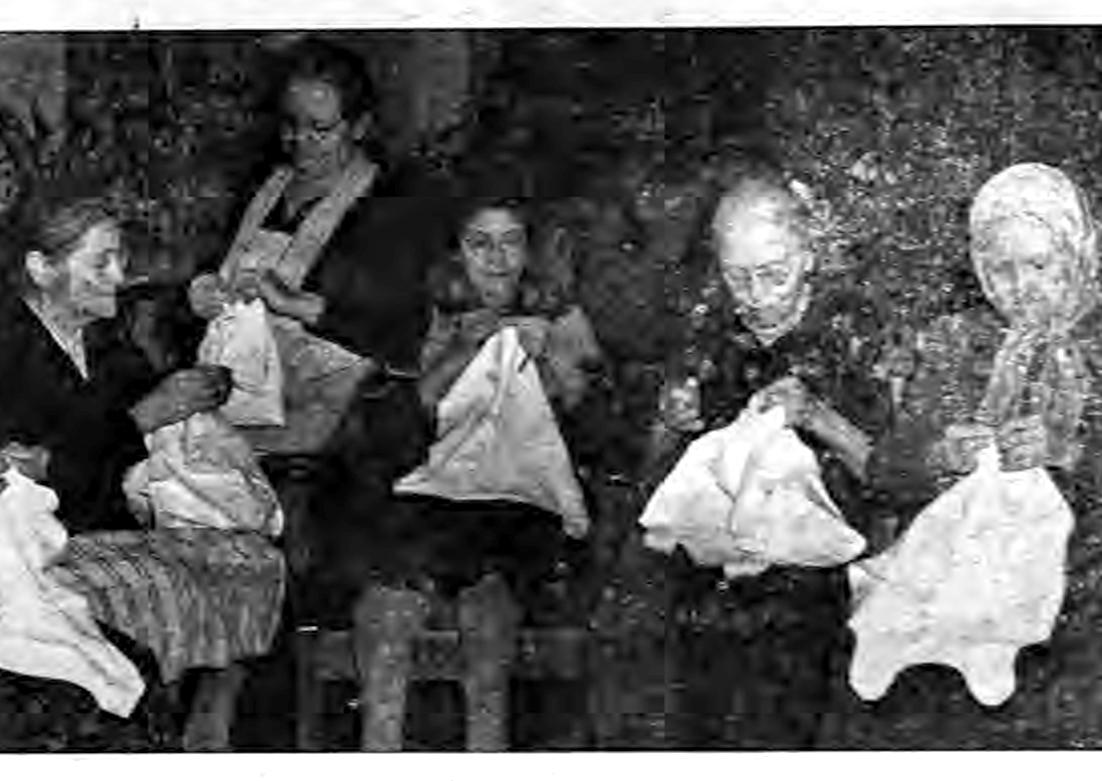
Come for the history. Stay for the conversation on Sunday March 2 at 10 a.m. at Temple Beth-El, 70 Orchard Ave., Providence. RSVP at info@hercri.org or 401-453-7860.
The Baxt Lecture Series, was created by the Baxt Family in 2013 to provide comprehensive Holocaust education to the greater Rhode Island community.
Submitted by the Sandra Bornstein Holocaust Education Center

IN FEBRUARY of 1947, a group of women practices needlework at a local sewing program. According to the caption, the seniors pictured were residents in the “Home for Aged,” which probably refers to the Home for Aged Men & Couples, which would later be renamed Steere House, and finally Algonquin House, a handsome brick building that still stands on Broad Street in the West End of Providence. Like many modern nursing homes, the home engaged residents with classes and activities; here, Jewish members sew garments for Hadassah, the women’s Zionist organization. The nation of Israel would be founded 13 months later, reifying the organization’s most fervent dream.
Newspaper courtesy Rhode Island Jewish Historical Association




























FAMILIES CAME TOGETHER this past Sunday for the 4th annual Winter Camp Party hosted by PJ Library, the Jewish Alliance of Greater Rhode Island and Camp JORI to learn more about Rhode Island’s Jewish summer camps, J-Camp and Camp JORI, and to partake in some fun camp-related activities. The children enjoyed jump -
ing in the bounce house, playing friendly games of gaga, getting their faces painted, decorating cookies and making winter themed photo frames and sticker creations. Each family left with bags filled with camp and PJ Library swag and books!
Submitted by Lindsey Ursillo, Alliance director of Youth and Family programs

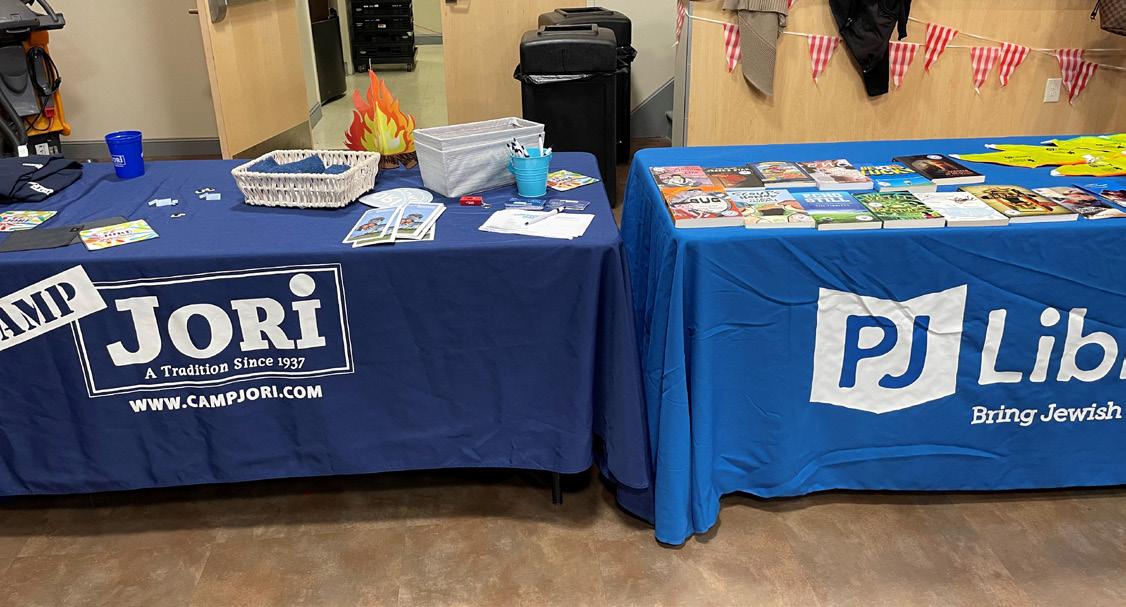






















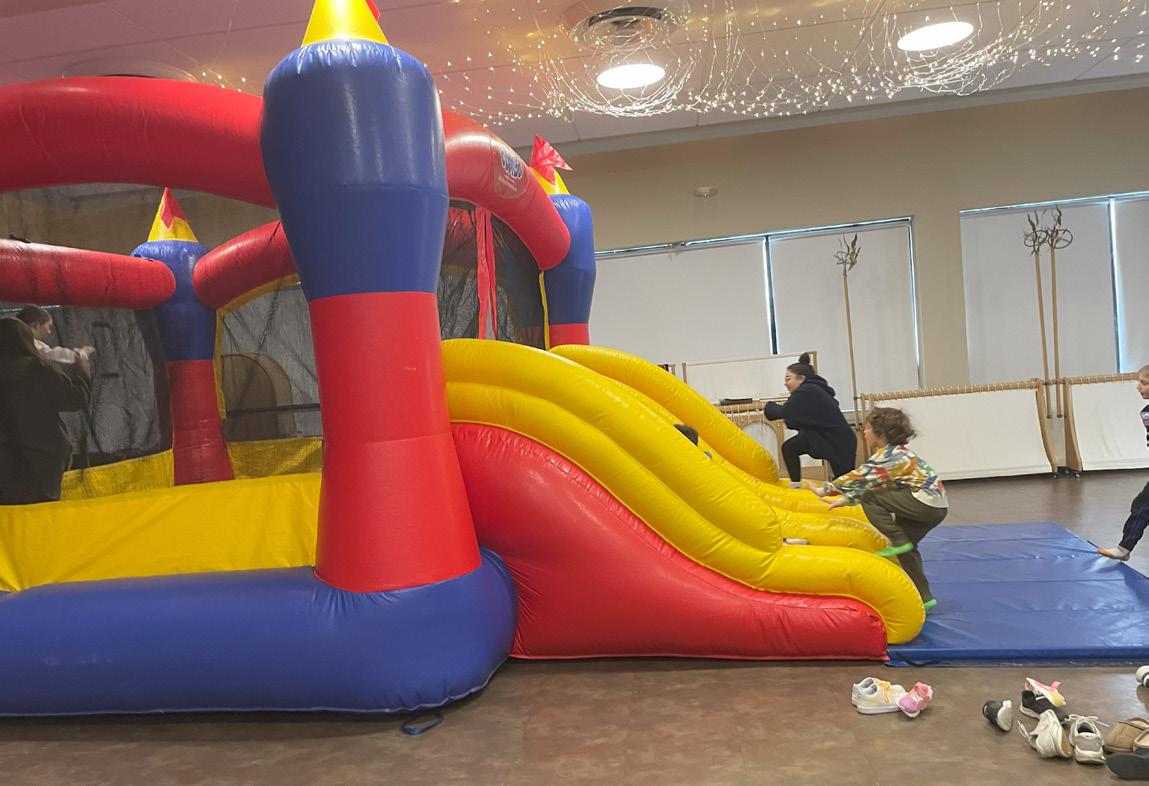
BY LEAH HALUNEN
THE CONCEPT of “wellness” is ever-evolving in today’s fast-paced world. Wellness was once a focus on physical health and has now become viewed by many as a more holistic approach encompassing the mind, and soul as well as the physical needs of the body. Simply counting calories and going to the gym is not enough to feel whole, to feel well. Nurturing our emotional, mental and social well-being is now also at the top of to-do lists. Personally, I believe it all comes down to balance. It’s about finding a way to bring harmony to all aspects of life, even when the chaos of daily life makes that seem impossible. Wellness looks different for different individuals. Each person has their own unique feelings, goals, needs and circumstances and goes about achieving their version of “wellness” in a variety of ways. No matter what the path looks like though, the intent of the journey is something we all share. We are all looking for feelings of vitality, a sense of purpose, an understanding of our own needs and taking care of ourselves. We want to make intentional choices that support our growth, and cultivate healthy habits that allow us to thrive. Being a Personal Trainer at the Dwares JCC, I was curious to learn how different JCC members view wellness,
so I asked them. I received responses like these: “Wellness is about having a wellrounded self-care commitment and feeling good in your physical, emotional, mental and social health. Just feeling good across the board”, “I think about getting your heart rate up, exercising, taking classes, eating well, staying hydrated, keeping stress levels down, having good friends and family. Being persistent, keeping at it, staying active as much as possible”, “It’s a mental and physical state, and emotional and spiritual too. Always striving to be better than you are or maintaining if you’re happy in your current state. Trying to have a work-life balance. Being calm and centered in the midst of the storms. You’re always going to be busy, but as long as your daily practices keep you feeling well and calm, you’re good. What you need to feel well also changes throughout the different seasons of your life”. Our Fitness Director, Rob, defines wellness as “being able to move as well as possible for as long as possible throughout your life and trying to be as mentally, physically and nutritionally healthy as possible”. I was not surprised at the answers being quite similar. We all just want to feel good.
Physical wellness is often the first piece of the puzzle that comes to mind. The most important things we can all do to maintain our
THE RHODE ISLAND Coalition for Israel (RICI) invites the community to a free Zoom event: Israel’s Security Challenges: A Conversation with Elliott Abrams on Sunday, March 2 at 2 p.m. Go to www. tinyurl.com/riciea to register. This event is co-sponsored by Brown Jewish Alumni and Friends, Brown Students for Israel, CAMERA, Massachusetts Antisemitism Synagogue Task Force, Mattathias Project, and Christians and Jews United for Israel. At the end of January, RICI hosted the Latino director
physical health is stay active, eat nutritious foods, and get adequate amounts of rest and recovery. For children specifically, summer camps encourage strong physical health by providing outdoor play, exploration, adventure and creative opportunities; all of these contribute positively to their physical health. In today’s highly digital world, where children often see more screens than the outdoors, camps offer a refreshing escape in nature where children can learn, grow and socialize.
Mental and emotional wellness is also something people are becoming more and more aware of. Finding ways to manage stress is crucial on the road to whole wellness. Some helpful ways that the effects of stress can be minimized are to exercise, eat a healthy diet, get enough sleep, limit caffeine, undertake mindfulness activities like meditation or yoga, do deep breathing exercises, listen to music, spend time
outside, connect with family and friends, or join a group in your community. Away from the pressures of school and home life, summer camps allow children to gain independence and a sense of selfworth while learning how to handle challenges, navigate relationships, and express their emotions in healthy ways.
Community and social wellness are also essential aspects of self-care. Human beings thrive on a sense of belonging. This can be found in summer camps, fitness centers, religious gatherings, sports teams, book clubs, pottery classes, get-togethers with friends and family. Wherever people meet to enjoy each other’s company and grow together, they can bring about a sense of peace and self-worth. We can build that feeling of wellness bit by bit.
Spiritual wellness, which is often overlooked, is about finding purpose and passion. It’s about a sense of wonder
and having gratitude for both the small and large blessings that come our way. We are especially nourished by those life events that are beautiful and surprising. For me, through all of life’s twists and turns, I somehow ended up writing a column for the same newspaper, in the same building, that my grandmother, Marylyn Graff, did many years ago, may her memory be for a blessing. Sometimes we must listen to the whispers in our gut when choosing our directions in life, and trust that both our journey and our destination will bring us joy. If we can do that, we will eventually find ourselves just where we need to be.
Ultimately, the word “wellness” means pursuing a life of balance, joy and fulfillment. So, what does wellness mean to you?
LEAH HALUNEN is a personal trainer at the Jewish Alliance of Greater Rhode Island.
of Christians United for Israel (CUFI), Pastor Daniel Gonzalez when he visited from Texas. We organized joint events to educate the Latino community about Israel at various Latino churches, held a workshop with Latino pastors, and spoke at two Latino radio stations. Gonzalez also met with several local rabbis. RICI plans to continue inviting the pastor to Rhode Island during Nights to Honor Israel events.
Submitted by the Rhode Island Coalition for Israel
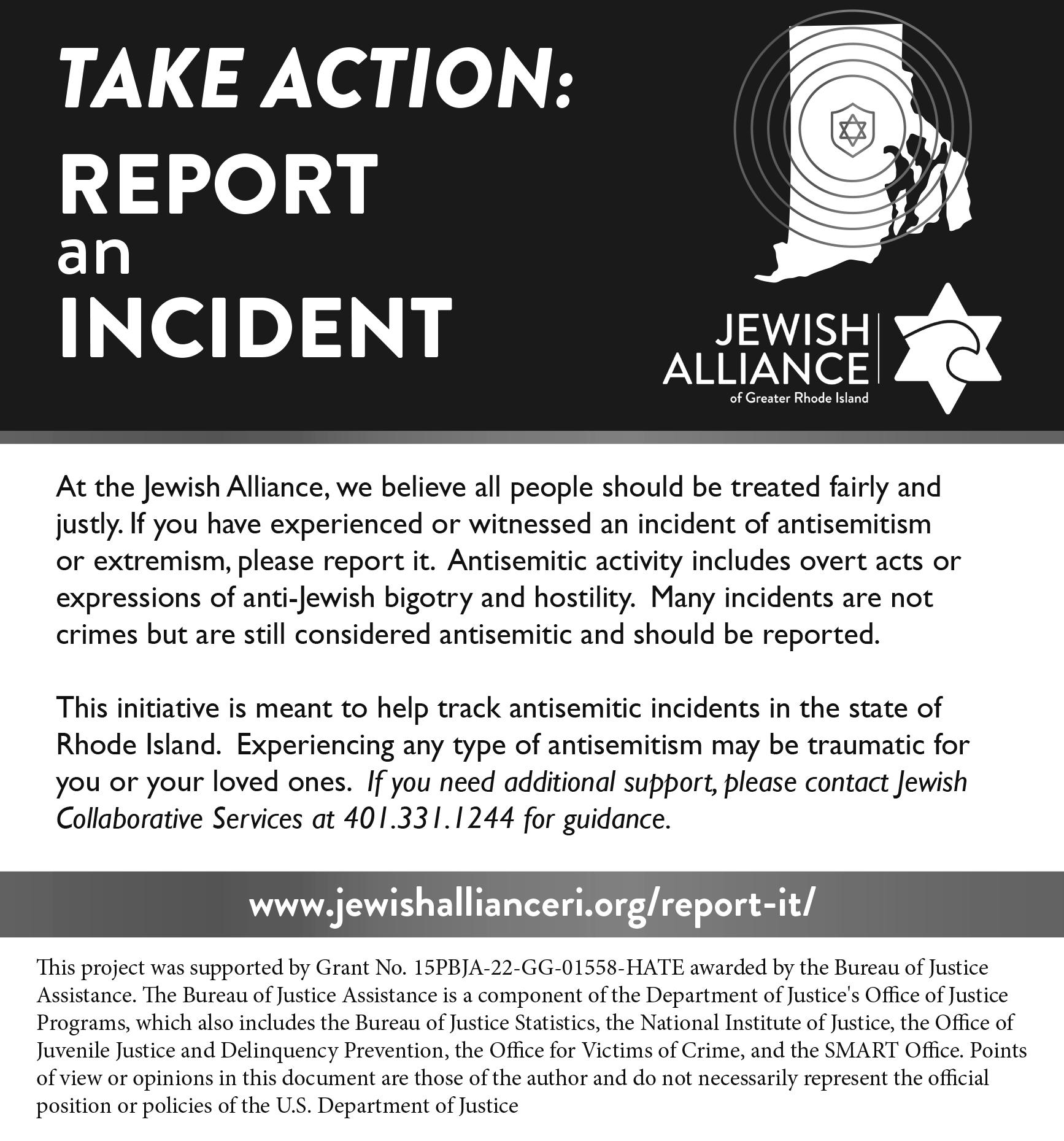






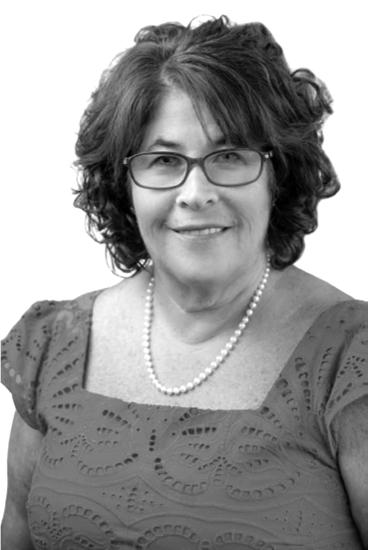













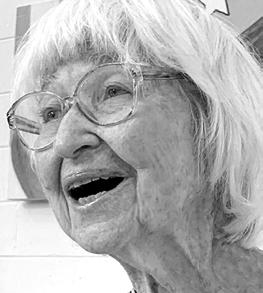
Marilyn Baker, 87 WARWICK, R.I. – Marilyn Baker, of Warwick, passed away on Jan. 27, 2025, at HopeHealth Hulitar Hospice Center in Providence, after a brief illness.
Born in Providence, she was the daughter of the late Isador and Jean (Bochner) Baker and sister of the late Charles L. Baker.
A graduate of Classical High School, Class of 1954, Marilyn went on to earn a certificate in secretarial studies from the Katharine Gibbs School, in 1956; a bachelor’s degree in sociology from George Washington University in 1964; a bachelor’s degree in music education from Eastern Michigan University in 1971; and a master’s degree in music education from the University of Rhode Island in 1976.
Marilyn taught music in Michigan and for the North Providence School Department from 1967-1975. She then went to work for the State of Rhode Island, and she held many jobs starting with the Department of Transportation in 1978 until 1999, when she retired from the Department of Labor and Training. A very involved member of her community, she was a former member of the University Society of Providence, Pawtuxet Village Association, Local 401 of the Employment Security Alliance, and the Cranston Business and Professional Women’s Club. She was a member of Mensa, the Gaspee Days Committee, the Women’s Alliance of Jewish Federation of Rhode Island, Alliance Française, the Order of the Eastern Star Signet Chapter 21 and AFSCME Rhode Island Retirees Chapter 94. She was an active member of Temple Sinai in Cranston.
Marilyn had many interests in the arts: singing in choruses and as a soloist gave her much joy. She also enjoyed acting, and she recently appeared in a television advertisement for Blue Cross. She enjoyed writing fiction and non-fiction beginning in childhood. Marilyn was a very independent woman. She worked hard and studied hard.
She is survived by many close friends.
Contributions may be made to a charity of your choice.
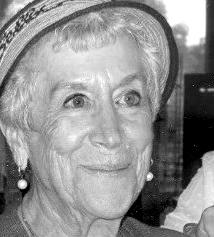
Beatrice Cohen, 96 QUINCY, MASS. – Beatrice Cohen died on Dec. 29, 2024, at Hancock Park Rehabilitation and Nursing Center, in Quincy. Born in New Bedford, Massachusetts, to Gussie (Lipshitz) and David Feingold, Beatrice was the second youngest of eight children (the designation of youngest going to her identical twin sister, Shirley).
Beatrice graduated from New Bedford High School and held several bookkeeping positions before moving to New York City with her twin. She continued as a bookkeeper until she married her husband, George, in 1956 and started a family. She returned to her profession when her children began school and kept at it until her retirement.
Beatrice spent most of her life in Huntington, New York. Her passions included gardening, antiquing, dancing, knitting and spending time with her four daughters. She and George enjoyed entertaining, especially her brothers’ and sisters’ families. Beatrice loved animals and had a succession of dogs and cats. She also loved card games and was a proficient bridge player. In her later years, she moved on to mahjong and Bingo.
After her husband died in 1992, Beatrice continued to keep up the house in Huntington but also spent time visiting and vacationing with her daughters and their families. She filled her days with friends – playing cards, going to dances and seeing plays in New York City. She lived to have fun and laugh. Despite some health challenges, she was always cheerful and never dwelled on the negative.
In 2014, she moved back to Massachusetts, where two of her daughters resided. She spent her last 10 years in independent and assisted living facilities, where she made new friends and reveled in never having to cook or do housework again.
Beatrice is survived by her four daughters: Mona Cohen and her husband, Mike Dioguardo; Debra Phelan and her partner, Mike Micheletti; Donna VanHelene and her husband, Eric; and Judy Vigiletti and her husband, Ken. She is also survived by five grandchildren – Julian and Olivia Vigiletti, and Alexan-
der, Sophia and Tyler VanHelene – and more than a dozen nieces and nephews.
Beatrice had been the last surviving sibling of Gussie and David’s children: Solly, Sammy, Ann (Miller), Joseph, Rosie (Creed), Ruth (Swern) and Shirley (Bernklau).
Donations may be made in her name to your local animal rescue group.
Cort Facteau, 63

R.I. – Cort Facteau, of Providence, passed away unexpectedly on Jan. 28, 2025, at his residence. He was the longtime partner of Lawrence “Larry” Weisman, with whom he shared over 40 years.
Born in Pawtucket, son of the late Ernest and Adelaide (Hevey) Facteau, he had lived in Providence for many years. A graduate of Shea High School, Cort went on to earn a bachelor’s degree from Bryant College. He was a well-respected real estate agent in Rhode Island.
In addition to his partner Larry, he is survived by his beloved dog Seymour and many close friends.
Contributions may be made to the Rhode Island SPCA, 155 Plan Way, Warwick, RI 02886 https://www.rispca. org/

Sheldon Friedland, 97 SOUTH DARTMOUTH, MASS. – Sheldon Friedland died on Dec. 26, 2024, at St. Luke’s Hospital, New Bedford, Massachusetts. He was the beloved husband of the late Shulamith (Ziskin) Friedland. A lifelong resident of New Bedford, he was a son of the late William and Annie (Writer) Friedland. Sheldon was a sergeant during WWII in the US Army, serving from ’45 to ’47. He was a graduate of Drake University, Class of ’51, and Boston University with a Law Degree, Class of ’53. Sheldon was a member of Tifereth Israel, a Master Mason of the Wamsutta Lodge and a member of the Massachusetts Bar Association and Bristol County.
He was the devoted father of Morris Goldstein and his wife, Rosi, of South Dartmouth; and Devorah Goldstein and her husband, William Durfee, of Edina, Minnesota. He was the dear brother of Miriam Levy, of Fort Lauderdale, Florida; brother-in-law of Barbara Friedland, of Palm Beach
Gardens, Florida, and the late Norman Friedland; Helen Weinshel, and Harvey Friedland. He was the loving grandfather of Rachel, Benjamin, Shuli, Tal, Shelly and Nesia. He was the cherished great-grandfather of eight.
Contributions may be made to Hadassah, Attn: Donor Services, P.O. Box 1100, New York, NY 10268-1100.
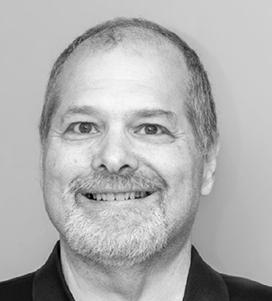
Robert Lebeaux, 69 BURRILLVILLE, R.I. –Robert A. “Bob” Lebeaux passed away on Jan. 26, 2025, at his home in Burrillville. He was the beloved husband of Marti (Olson) Lebeaux for 36 years.
Born in Brookline, Massachusetts, he was a son of the late Hal and Barbara (Greenstein) Lebeaux. He had lived in Rhode Island for the last 23 years, previously living in Framingham, Massachusetts. He was the owner of Ralco Industries in Woonsocket, opening their doors in 1973. Bob was a devoted family man, dedicated to his children and spouse, but above all else, he treasured his dear cocker spaniel, Abigail. He was the devoted father of Seth Lebeaux of Woonsocket, Jacob Lebeaux of
Pascoag and Heidi Lebeaux of Oakland; as well as Abigail A. and Cosmo K, both of Burrillville. He was the dear brother of Wayne Lebeaux of Framingham. He was the loving grandfather of Maddy. He was preceded in death by his parents and brother, Mark Lebeaux.
Contributions may be made to Community Living of Rhode Island, 1575 South County Trail, East Greenwich, RI, Attention Mary Onyejose, or Greg Hanna Charitable Fund, PO Box 1805, Kingston, RI 02881.
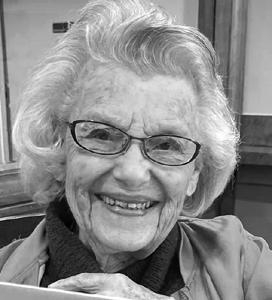
Nan Levine, 94 PROVIDENCE, R.I. – Nan D. Levine passed away on Jan. 27, 2025. Born in Jamaica Plains, New York, she was the daughter of the late Beatrice and Alfred Goldstein. Married to her late husband, Donald for 60 years, she was the mother of Sheri Levine Singer, Marc and Carrie Levine and Neil Levine. She was the cherished grandmother of Matthew Singer and Amber Carey, Scott and Olivia Singer, Julia Levine and Connor Levine and loving great-grandmother to Ford and Hunter. Nan was the beloved sister of Martin
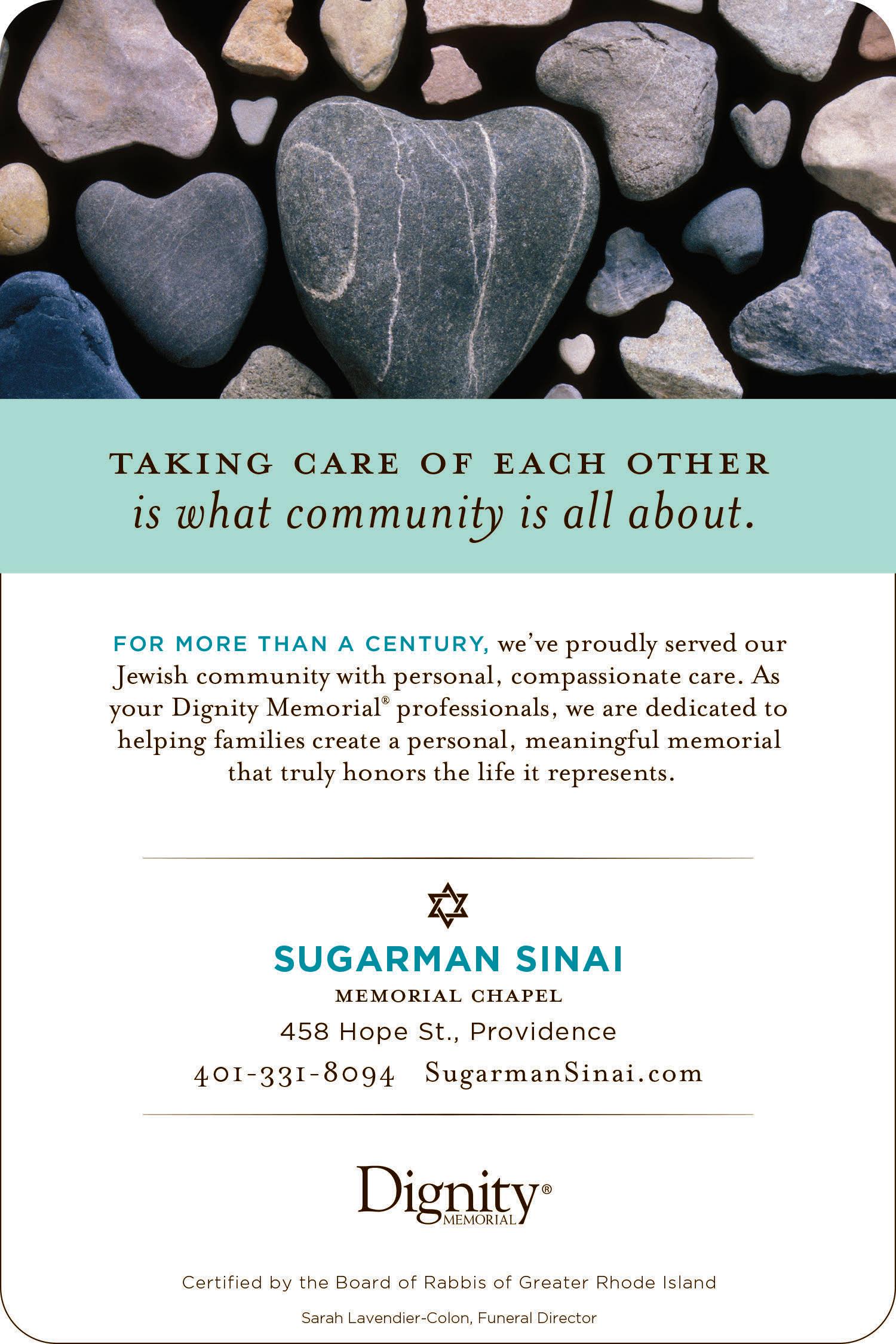
Goldstein and devoted aunt of David and Wendy Goldstein and Steven Goldstein, greataunt of Emily and Rachel Goldstein. She was the loving and dear friend of Irwin Schorr.
A graduate of Hofstra University, Nan cherished her long life in Providence as a sought-after interior designer, a lifetime board member of Temple Beth-El, president of the National Council of Jewish Women and the Providence Preservation Society. Despite her many accomplishments in her life, what Nan cherished most was the love of her family and the joys she received from her grandchildren and
great-grandchildren.
Donations may be made to Temple Beth-El, Highlands on the East Side and Home and Hospice Care of RI/Philip Hulitar Inpatient Center

Aaron Lewis, 89 SMITHFIELD, R.I. – Aaron M. Lewis passed away on Dec. 31, 2024, at home. He was the beloved husband of Carolyn (Curtis) Lewis for 63 years. Born in Providence, a son of the late Jacob and Goldie (Rosen) Lewis, he had lived in Smithfield for 25 years, previously living in Warwick.
He was a pharmacist for various pharmacies, retir-


ing 19 years ago. Aaron was a Vietnam Army veteran. He was a graduate of Rhode Island College of Pharmacy and was a member of Rho Pi Phi Fraternity. He was a member of Touro Fraternal Association and enjoyed the social gatherings there. He loved playing tennis and cards with his grandchildren and participated in a monthly breakfast club with his neighbors.
He was the devoted father of Georgeann Lewis and her wife, Jennifer, of Sharon, Massachusetts; and Eric Lewis and his wife, Beatrice Turnbull, of East Stroudsburg, Pennsylvania. He was the dear brother of the late Leon Lewis and Hilda Dinerman. He was the loving grandfather of four. He was the cherished great-grandfather of three.
Contributions may be made to American Heart Association, 1 State St., #200, Providence, RI 02908.

Marcus Pearlman, 95 RUMFORD, R.I. – Marcus J. Pearlman passed away on Jan. 16, 2025, at the Miriam Hospital. He was the beloved husband of the late Annamaria (Stingo) Pearlman. Born in Providence, the sixth child of the late Ida (Mines) and Israel Pearlman, he came from a family of 11 children (6 girls and 5 boys). He had lived in Rumford for 10 years, previously living in Cranston for 32 years.
Marc was a member of Rhode Island and Massachusetts Bars, a PE (Professional Engineer 1962), a Life Scout, a Scoutmaster and a Big Brother. He was an all-state fullback (“Purple Locomotive”), a kibbutznik (1949), a president of Rhode Island Associated General Contractors, a caretaker, a sailor, a scuba diver, a first lieutenant USAF World War II and a Korean War veteran.
He was a graduate of Classical High (1947), MIT (1951) and Suffolk Law School (1979). An engineer, designer and entrepreneur, he founded Sterling Engineering & Construction Co. in 1956. He owned and operated it for 24 years. In 1980, alongside his beloved late wife, Annamaria, founded the Newbury Kitchens & Baths, of Boston and Providence, which was a designer and importer of European cabinets and related products for many projects in Rhode Island, Massachusetts, New
Hampshire, Connecticut, Vermont, Washington state, the Caribbean Island of St. John and Moscow, Russia, for 33 years. Together they retired in 2010.
Between his work with Sterling and with Newbury, Marc built numerous religious, medical and educational projects including at Brown University, Rhode Island School of Design, Rhode Island College, University of Rhode Island, Taunton High School, and many more in Rhode Island, Massachusetts and Connecticut. Marc also built housing for the elderly projects in Providence, West Warwick, Central Falls, Cranston, North Providence, Woonsocket and Ledyard, Connecticut.
He was the devoted father of Riccardo Pearlman, of Rumford; Gabriel Pearlman, of Austin, Texas; Steven and his wife, Dayleen, Pearlman; Stuart Pearlman and Joel, his wife, Flor, Pearlman, all of California; and Lauren Pearlman-Sugita and her husband, Seiji Sugita, of Japan. He was the dear brother of Adele Curhan, of Rhode Island; and Carolyn Leighton, of California. He was the loving grandfather of Brianna, Matthew, Josh, Rachel, Casey, Adriana and Hannah. He was the cherished great-grandfather of five. He is also survived by a large host of nieces and nephews.
In addition to his wife and parents, he is predeceased by his siblings: Alice Mandel, Lila Delman, Elaine Baron, Anna Shabshelowitz, Alan Pearlman, Len Pearlman, Thomas Pearlman and Benjamin Pearlman.
Contributions may be made to a charity of your choice.
COVENTRY, R.I. – Susan J. Raisner died on Jan. 30, 2025, with her loving family by her side. She was the beloved wife of Fred Raisner for 52 years. Born in Ithaca, New York, she was a daughter of the late Israel and Betty (Steigman) Katz. She had lived in Coventry for two years, previously living in Cranston for 47 years.
Susan earned bachelor’s and master’s degrees from Northeastern University and a degree in Public Administration from the University of Rhode Island. Susan was also a board member of the Cranston Auburn branch library.
Susan’s favorite role in life was that of a wife and devoted mother and grandmother.
She was the loving mother of Dara McCurdy and her husband, Everett; Shira Christensen and her husband, Michael; loving grandmother of Hannah and Ella McCurdy. She was the sister of the late Judith Kessar and leaves behind a large extended family.
Contributions may be made to the United States Holocaust Museum (https:// donate.ushmm.org/6hRw6kqugUOvJLNKCIbD1g2), 100 Raoul Wallenberg Place SW, Washington, DC 200242126 OR American Civil Liberties Union ( https://action. aclu.org/give/now )
Linda Russian, 72 WARWICK, R.I. – Linda A. Russian passed away on Jan. 16, 2025. Born in Providence, a daughter of the late William and Cynthia (Stone) Russian, she had lived in Warwick for over 60 years. She was a secretary for the Cranston School Department for over 30 years, retiring in 2012. Linda was a life member of Hadassah.
She was the dear sister of Nancy and her husband, Michael Nouriel, of Warwick. She was the loving aunt of Kayla and Amy. She was the cherished great-aunt of Sophia and Mia. She will be greatly missed by her family and friends.
Contributions may be made to The Tomorrow Fund, 110 Lockwood St, Physicians Office Building, Ste. 422, Providence, RI 02903 or Chabad of West Bay Chai Center, 3871 Post Rd., Warwick, RI 02886.
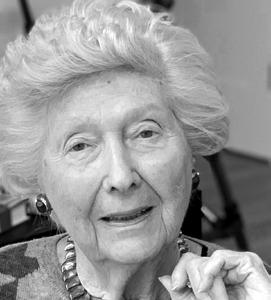
Alma Sadow, 94 PLYMOUTH, MASS. – Alma Sadow died peacefully in Plymouth on Jan. 28, 2025, after a brief illness. She is survived by children Debra Koenig and her husband, Steven, of Milwaukee; Barbara Cole Singer and her husband, Andrew, of Plymouth; and Richard Sadow and his wife, Anne, of South Dartmouth, Massachusetts; grandchildren Alison Cole Scott and her husband, Jordan, of Dedham, Massachusetts; Jeffrey Koenig of Milwaukee and Lisa Koenig and her husband, Brian Quinn, of New York City; and greatgrandchildren Madeleine, Lincoln and Ava Scott; and Penelope (Poppy) Quinn. Her beloved husband of 69 years,
Leon Sadow, predeceased her.
Born in New York City, Alma was the daughter and only child of the late Walter and Agnes (Richter) Gluck. Her parents moved the family to New Jersey where she spent her youth before attending the Rhode Island School of Design. There she met and married Leon, a student at neighboring Brown University, in 1950, and they moved to Leon’s hometown of New Bedford. In 1993, they relocated to Palm Beach Gardens, Florida, where they spent almost 30 happy years surrounded by friends and partaking in many cultural and educational pursuits. In 2019, they moved to Plymouth to be closer to family.
Leon was the long-time proprietor of Sadow’s, a clothing store for women and children on Acushnet Avenue in New Bedford, later on Faunce Corner Road in North Dartmouth. Alma was his partner, both in business and on the home front, raising their three children. Alma’s great joy was providing a warm and welcoming home for Leon and her family. She was an excellent cook and baker and hosted every family celebration in style. She had a keen interest in fashion and interior design. Named after the famous soprano, Alma Gluck, she loved classical music, especially opera. In later life, she immersed herself in reading both fiction and non-fiction, and she enjoyed discussing her favorite books. She made sure she was up-to-date on all of her grandchildren’s and great-grandchildren’s pursuits, and she truly loved talking with them about their daily lives. The family wishes to thank the staff at Laurelwood at the Pinehills, the nurses and hospice professionals for taking such compassionate care of Alma.
Donations may be made to a charity of your choice.
Dr. Paul Sapir, 96
Providence surrounded by his family.
Born in Chicago to Professor Edward Sapir and Jean McClenaghan Sapir, Dr. Sapir was raised in New Haven, Connecticut, and New York City. He graduated from The Cambridge School of Weston before earning his degree magna cum laude from Harvard College in 1950. He continued his education at Harvard Medical School, graduating in 1959. Following an internship at Johns Hopkins Hospital, he trained in psychiatry at Massachusetts Mental Health Center and Peter Bent Brigham Hospital and completed psychoanalytic training at the New York Psychoanalytic Society & Institute.
He began his medical career on the staff of Montefiore Hospital in New York before relocating to Providence in 1974. There, he practiced psychotherapy and psychoanalysis until his retirement in 2011. He also served as a clinical faculty member (emeritus) at Brown Medical School. Dr. Sapir was a past president of the Rhode Island Psychiatric Association and a Distinguished Life Fellow of the American Psychiatric Association.
He contributed to several committees of the Boston Psychoanalytic Society and Institute and was a member of the American Psychoanalytic Association. He served on the Board of Medical Licensure and Discipline for the State of Rhode Island. He was a member of the Hope Club and Review Club.
An enthusiast of Baroque and Classical music, Dr. Sapir also enjoyed sailing in his younger years on Long Island Sound, Narragansett Bay, and Lake Winnipesaukee. His family farmhouse in Alton, New Hampshire, remained a cherished retreat throughout his life.
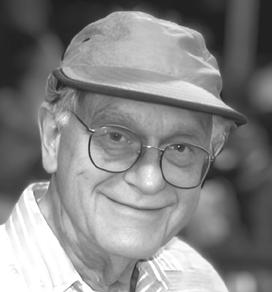
PROVIDENCE, R.I. – Dr. Paul Edward Sapir passed away peacefully on Dec. 24, 2024, at his home in
Philip Sapir, Helen Larson and J. David Sapir.
A memorial service will be held Sunday, March 16th at 10:30am at The Winnick Chapel, Brown RISD Hillel, 80 Brown St., Providence.
Donations may be made to The Miriam Hospital in Providence.
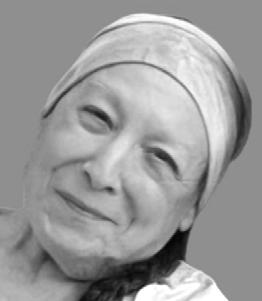
Paula Talmud, 82 DARTMOUTH, MASS. – Paula “Polli” Lyn (Goldberg) Talmud, of Dartmouth (formerly of Rockville, Maryland), passed away on Jan. 26, 2025, at the New Bedford Jewish Convalescent Home. She was the wife of the late Stanley Joseph Talmud, with whom she shared 42 years of marriage.
Born in Altoona, Pennsylvania, daughter of the late Simon and Rae (Sachs) Goldberg, she was very involved in the Jewish community in the Greater Washington area for more than 50 years. She is survived by her two daughters, Lisa Beth Talmud of Spokane, Washington, and Melynda Schudrich and her husband, Cantor Nathaniel Schudrich, of Dartmouth, Massachusetts; her grandchildren, David and Pam, Asher and Ezra Schudrich, and her siblings, Perry Goldberg and Beryl Yahr.
Polli was an animal lover and dog trainer, showing her Dobermans throughout the years. She was a professional sweepstaker and won many worldwide trips and even a couple of cars. She was very social and loved talking to others.
Contributions may be made to Hadassah, 1320 Centre St., #205, Newton Center, MA 02459 https:// www.hadassah.org/donate
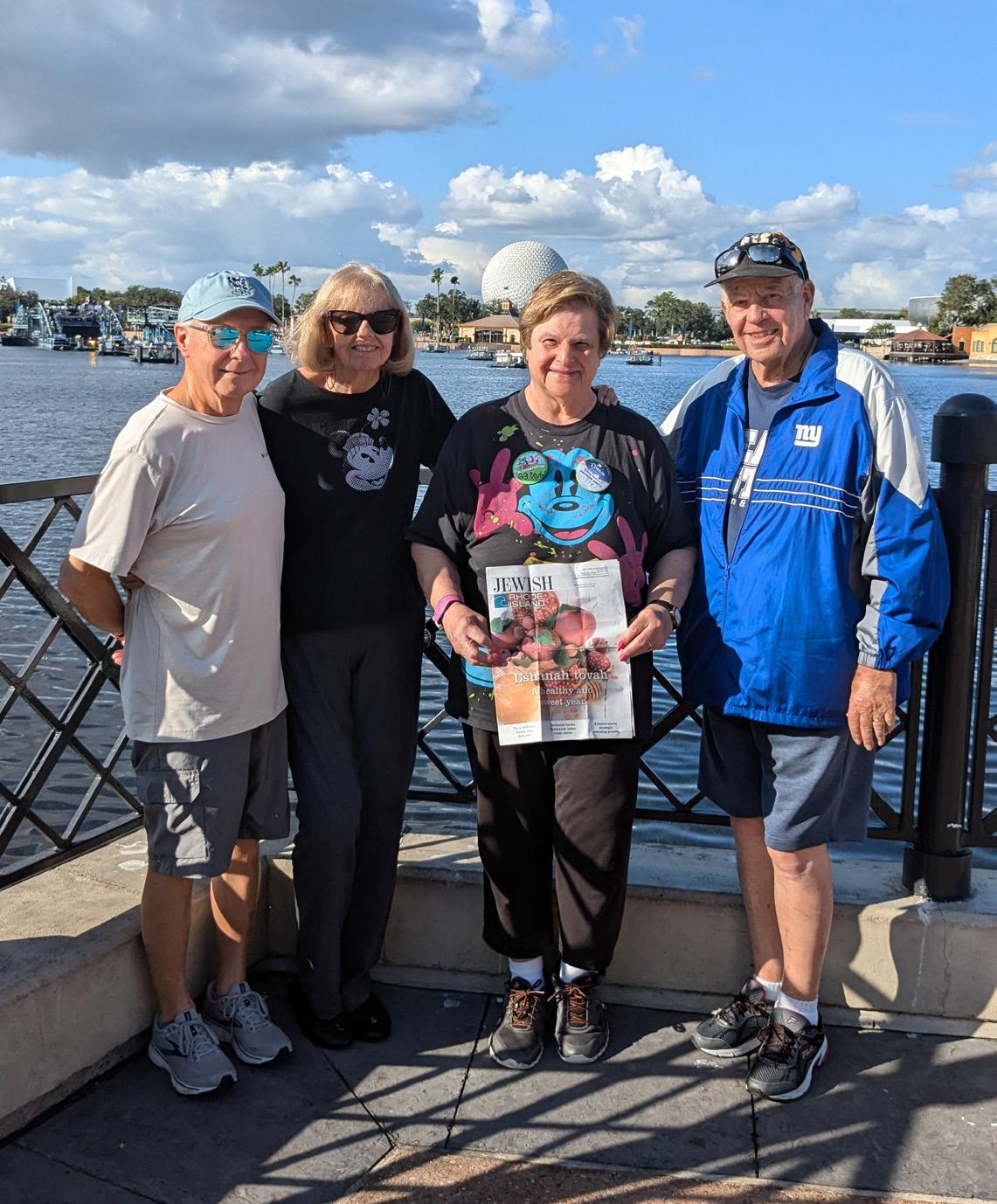
IDA AND TOM BROWN of Hopatcong, New Jersey (Ida is formerly from Rhode Island) and Beverly and John Gilmore of Davenport, Florida (both Bev and John are formerly from Rhode Island) recently traveled to EPCOT at Disney World. Ida and Bev met at Roger Williams College
in 1969 and have remained friends for 55 years! Sharing time together was extra special as treasured memories were made and their longtime friendship continues to grow. Jewish Rhode Island was happy to be with them!
Dr. Sapir is survived by his wife of 60 years, Sylvia (Kutik); twin sons Timothy and Cass; daughter-in-law Elana Feldman; grandsons Milo and Evan Sapir; sisters-in-law Betty Sapir and Marcia Frifield; and many loving nieces, nephews and extended family members. He was predeceased by his siblings H. Michael Sapir,
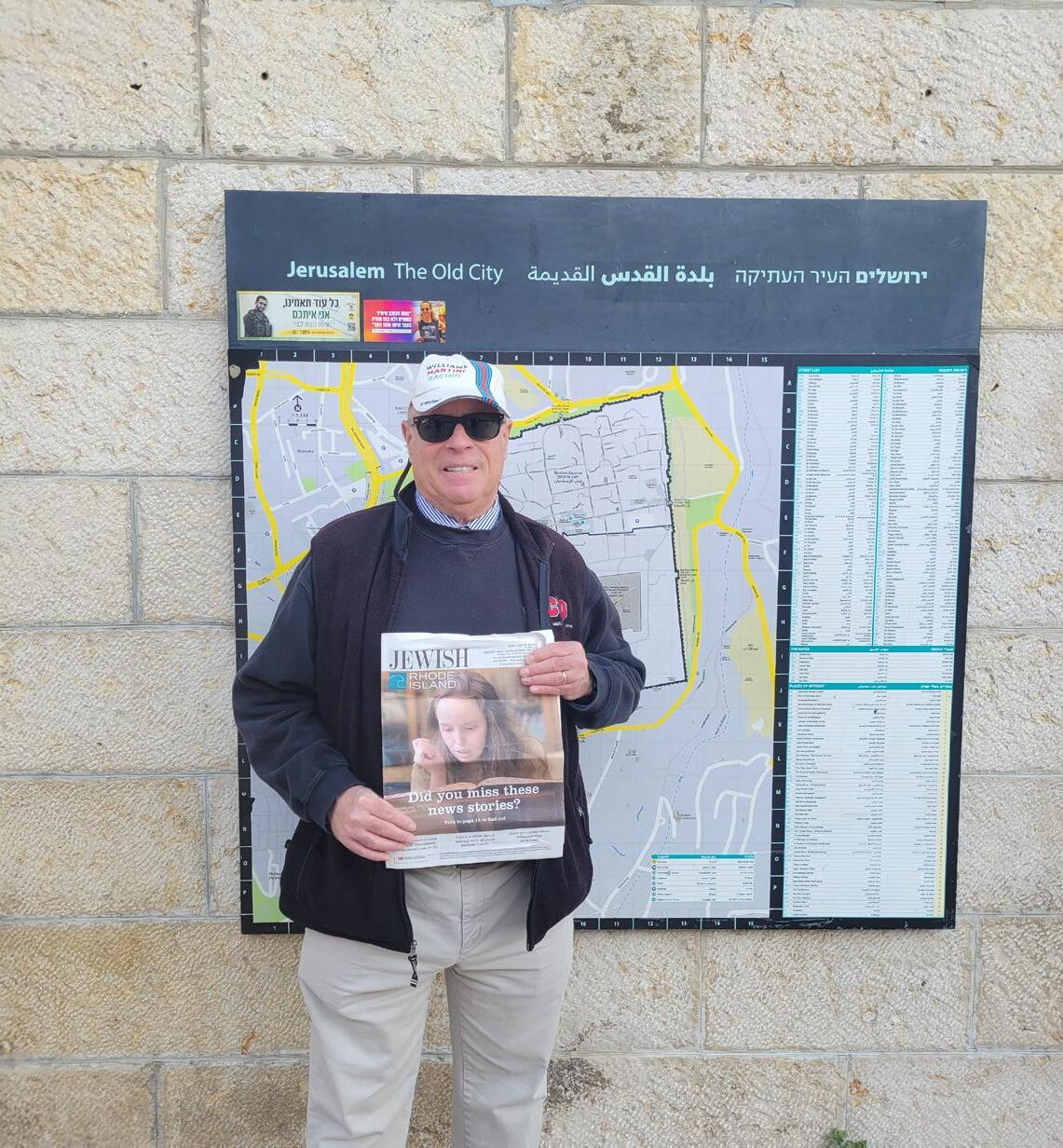
STEVEN HOWITT Massachusetts state representative representing Seekonk, recently traveled to Israel and brought





